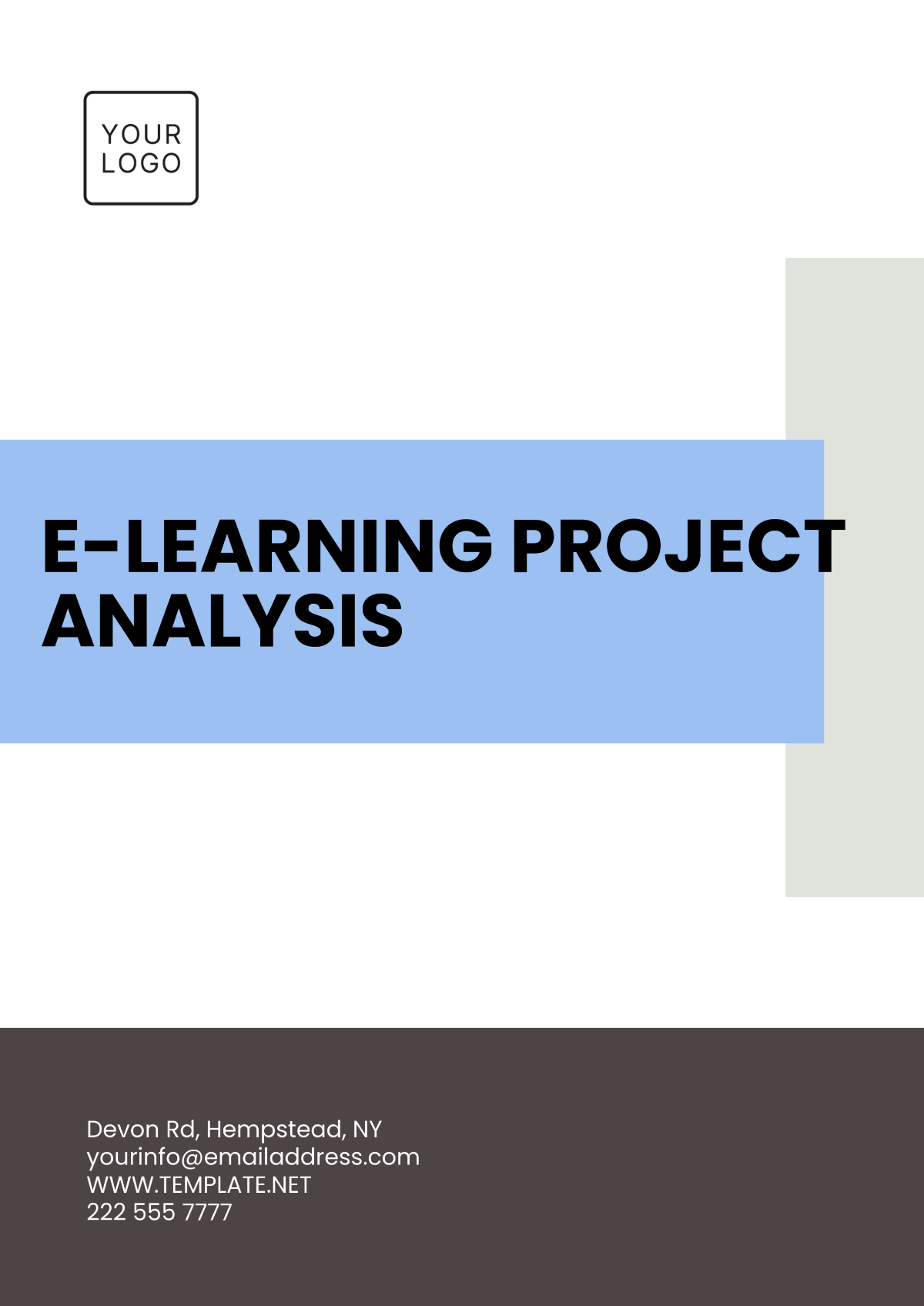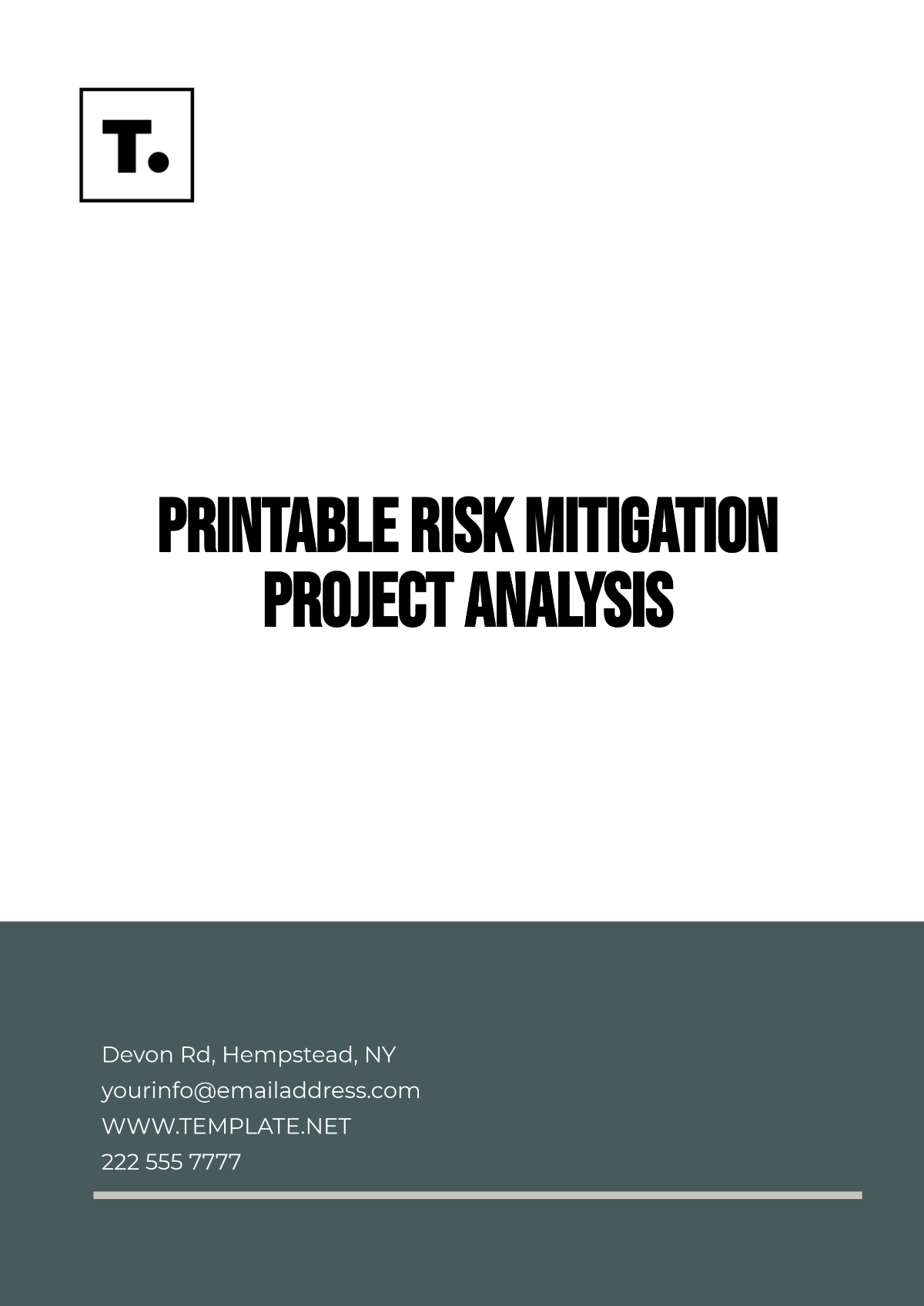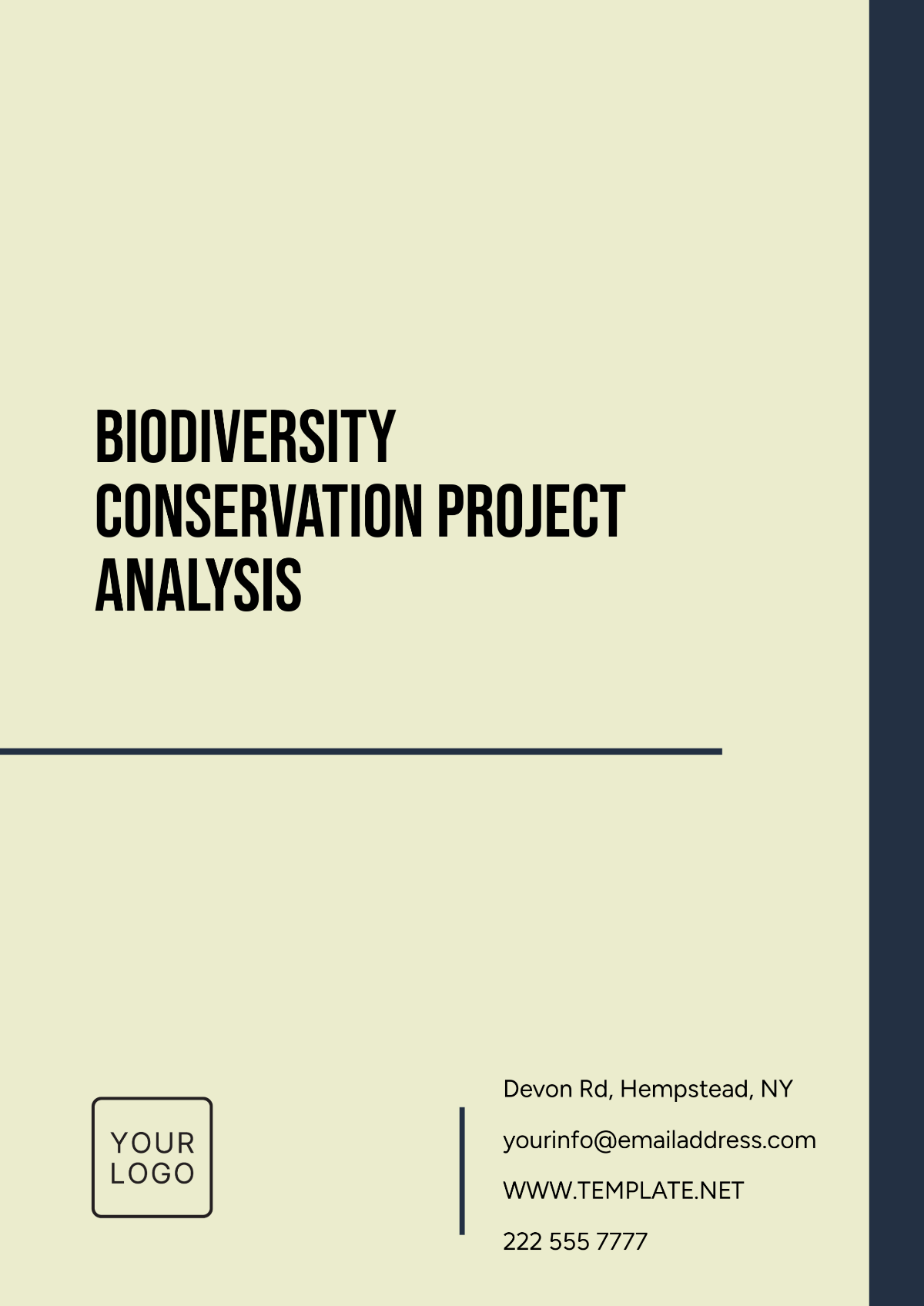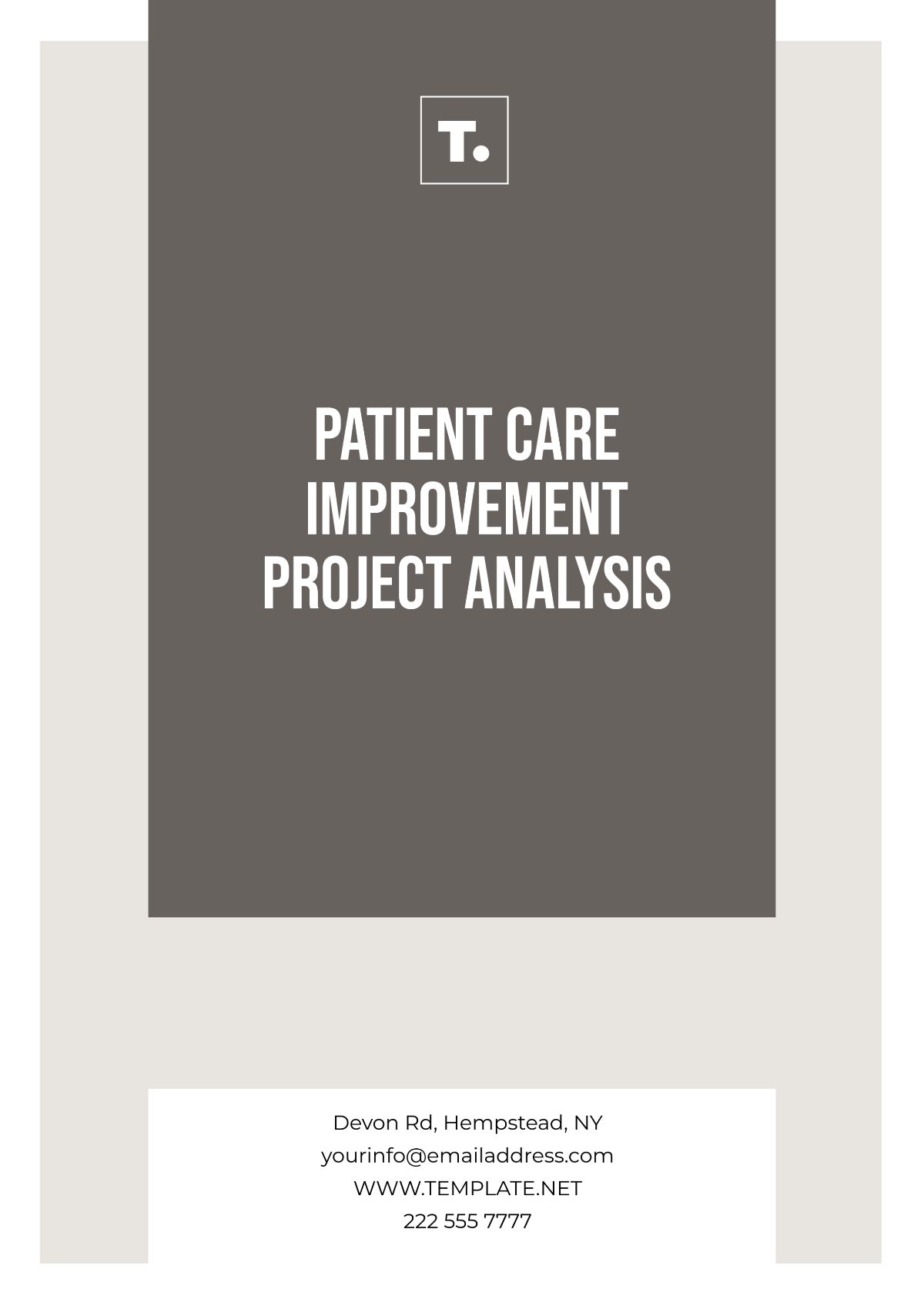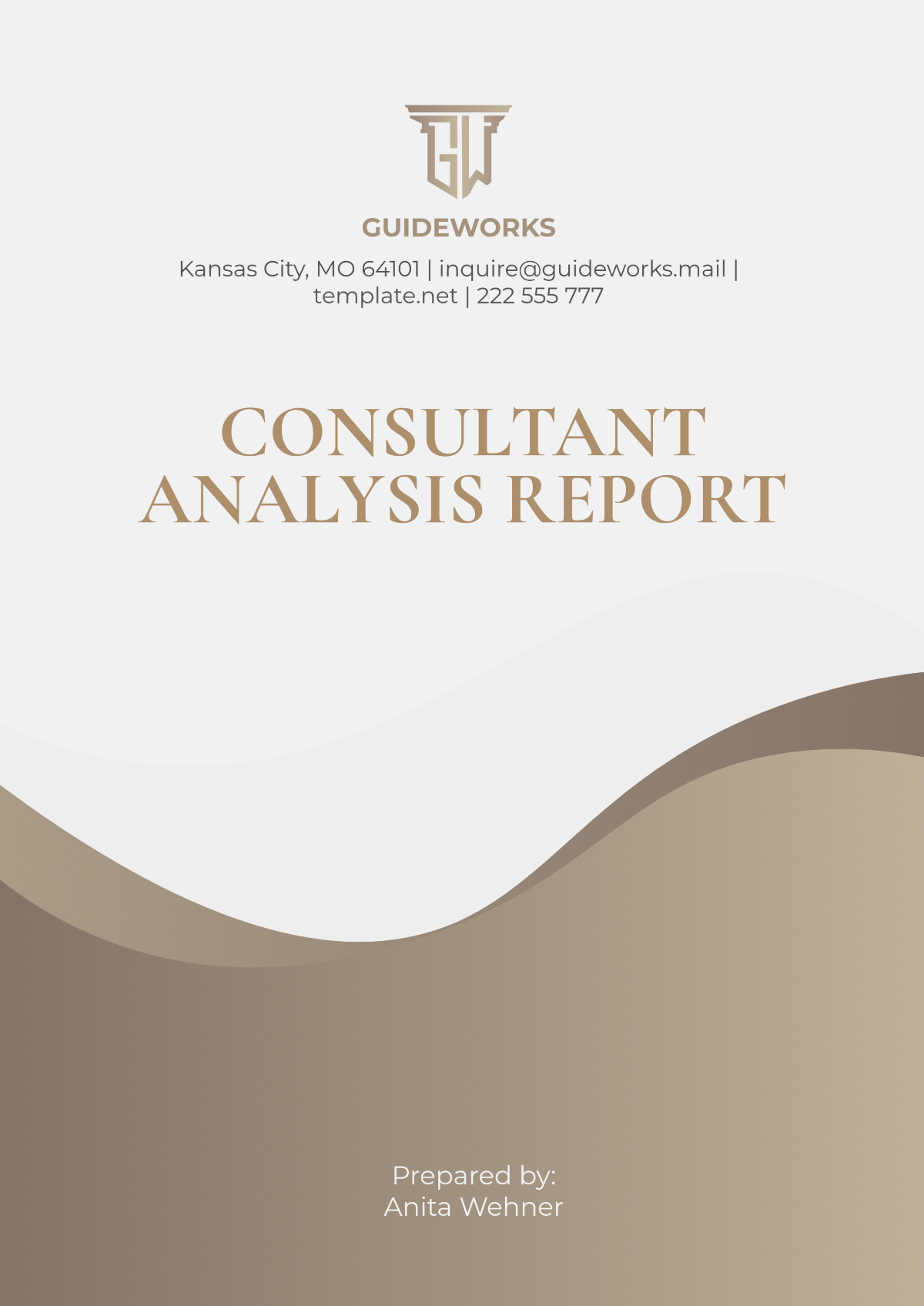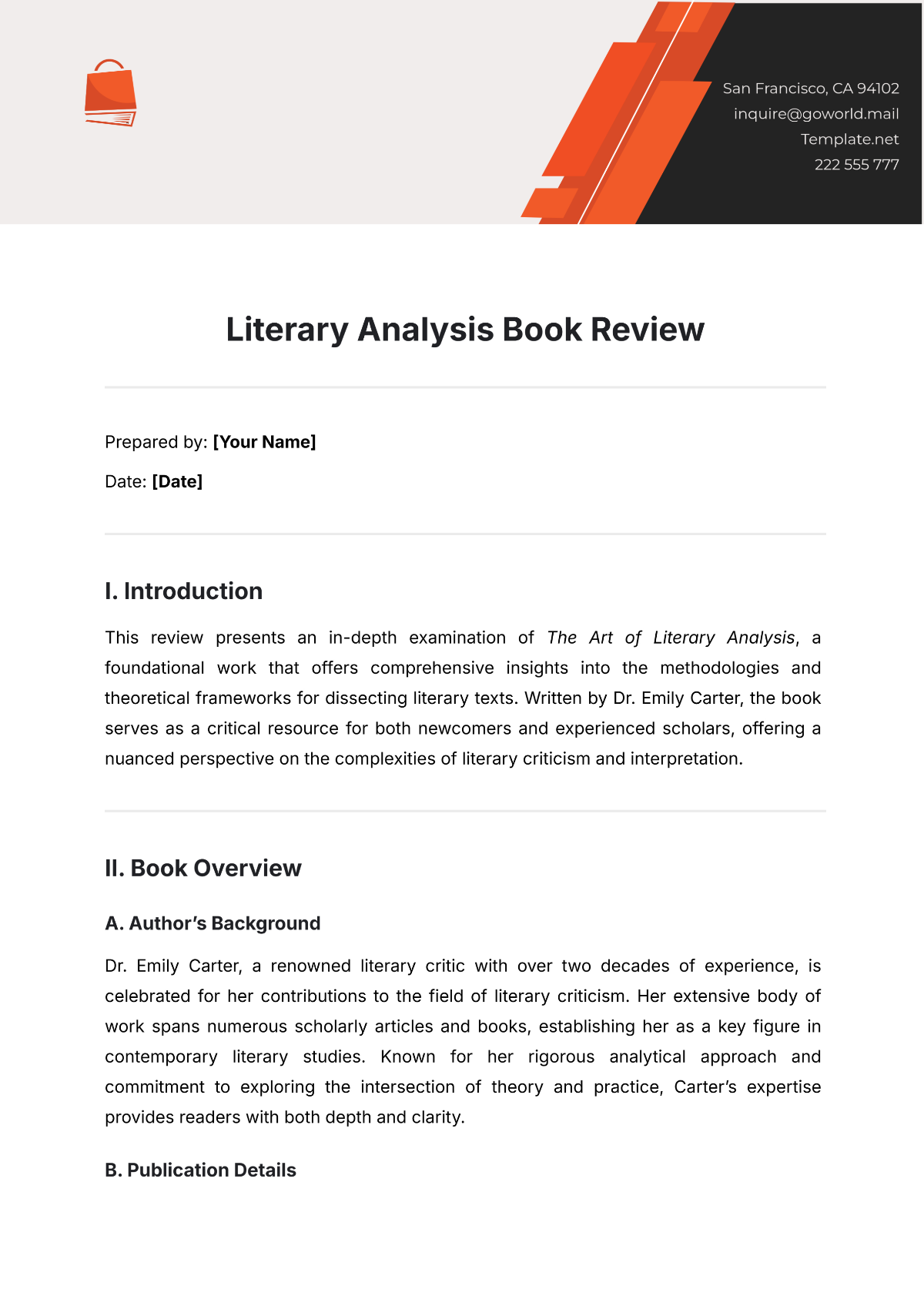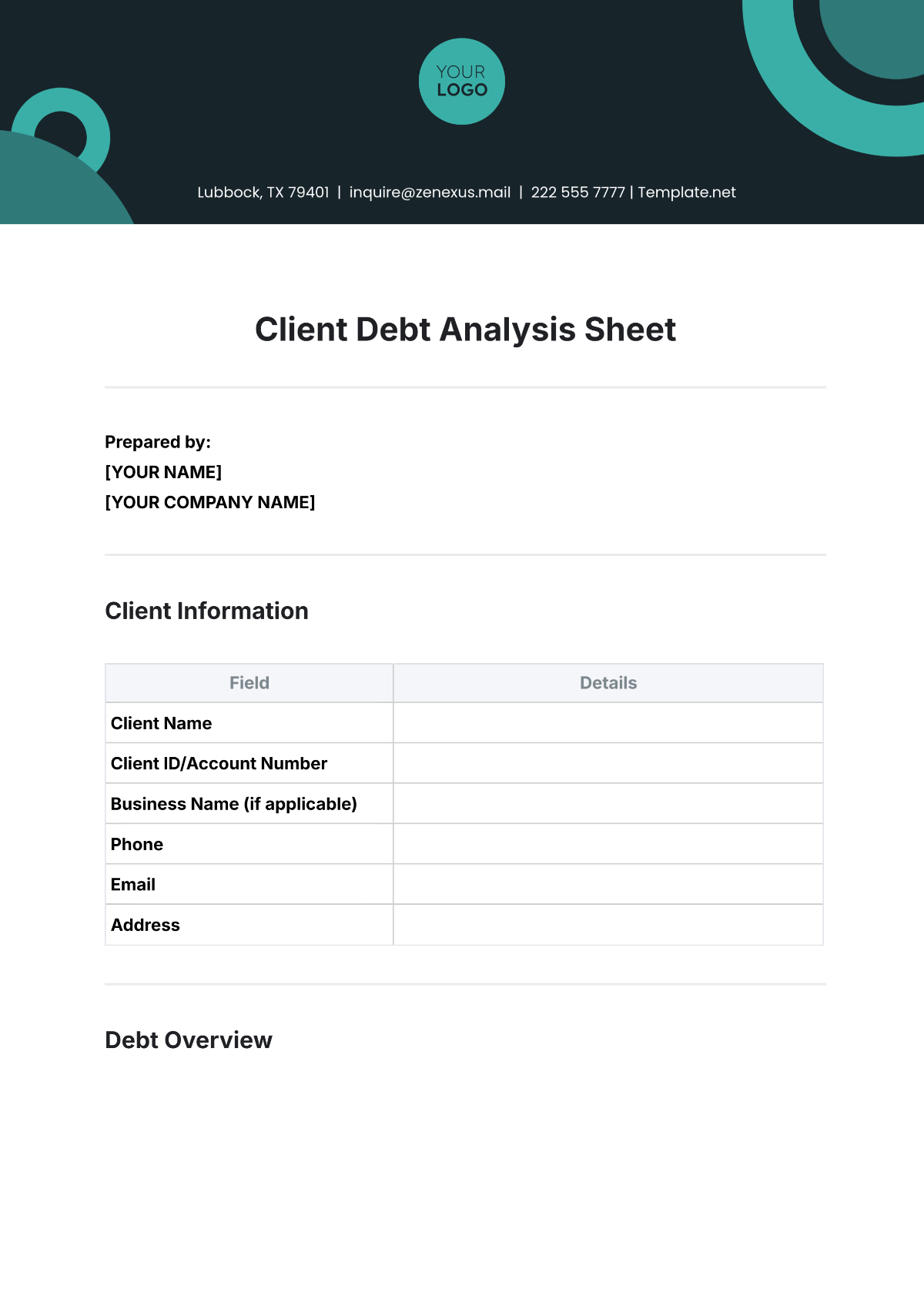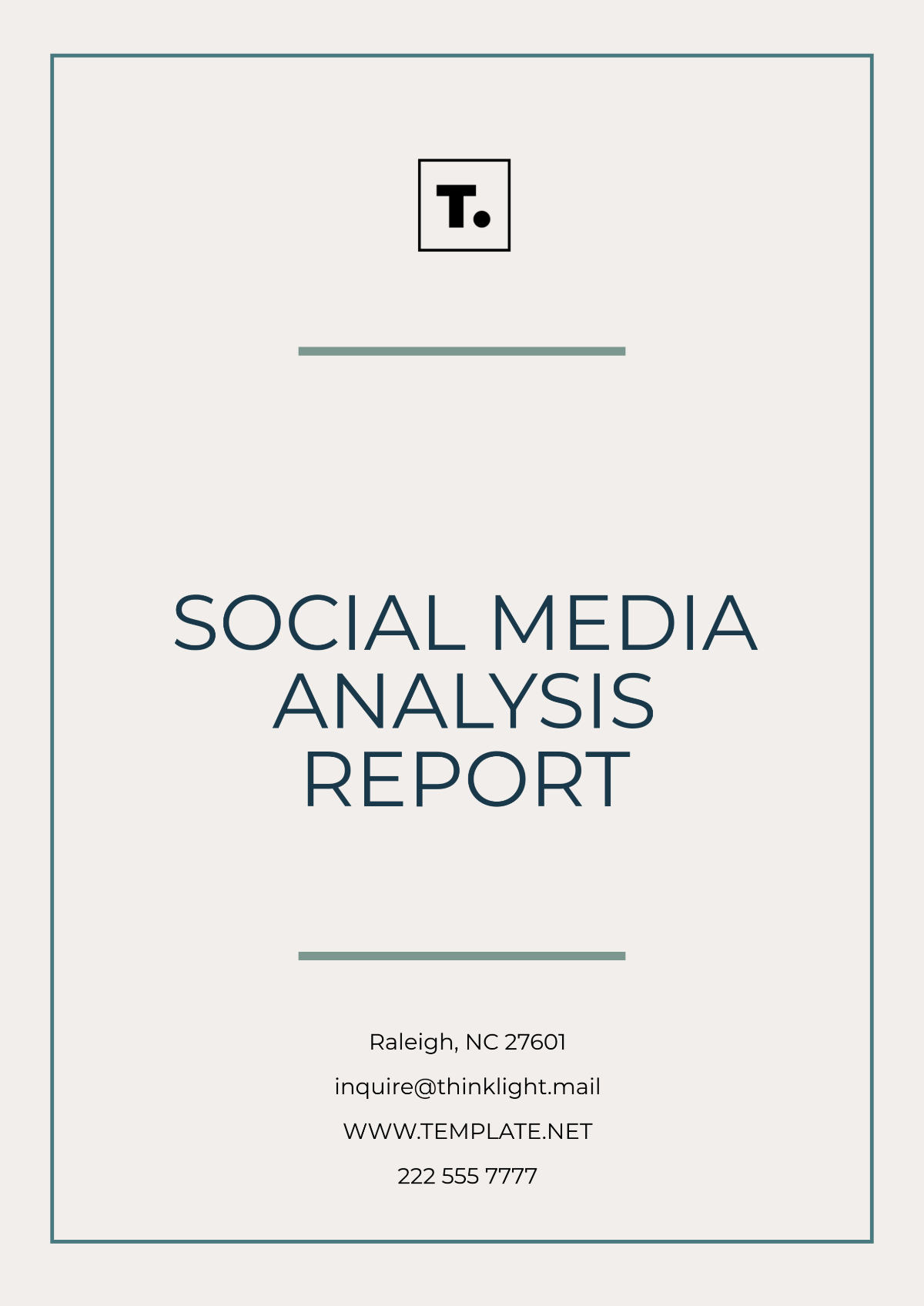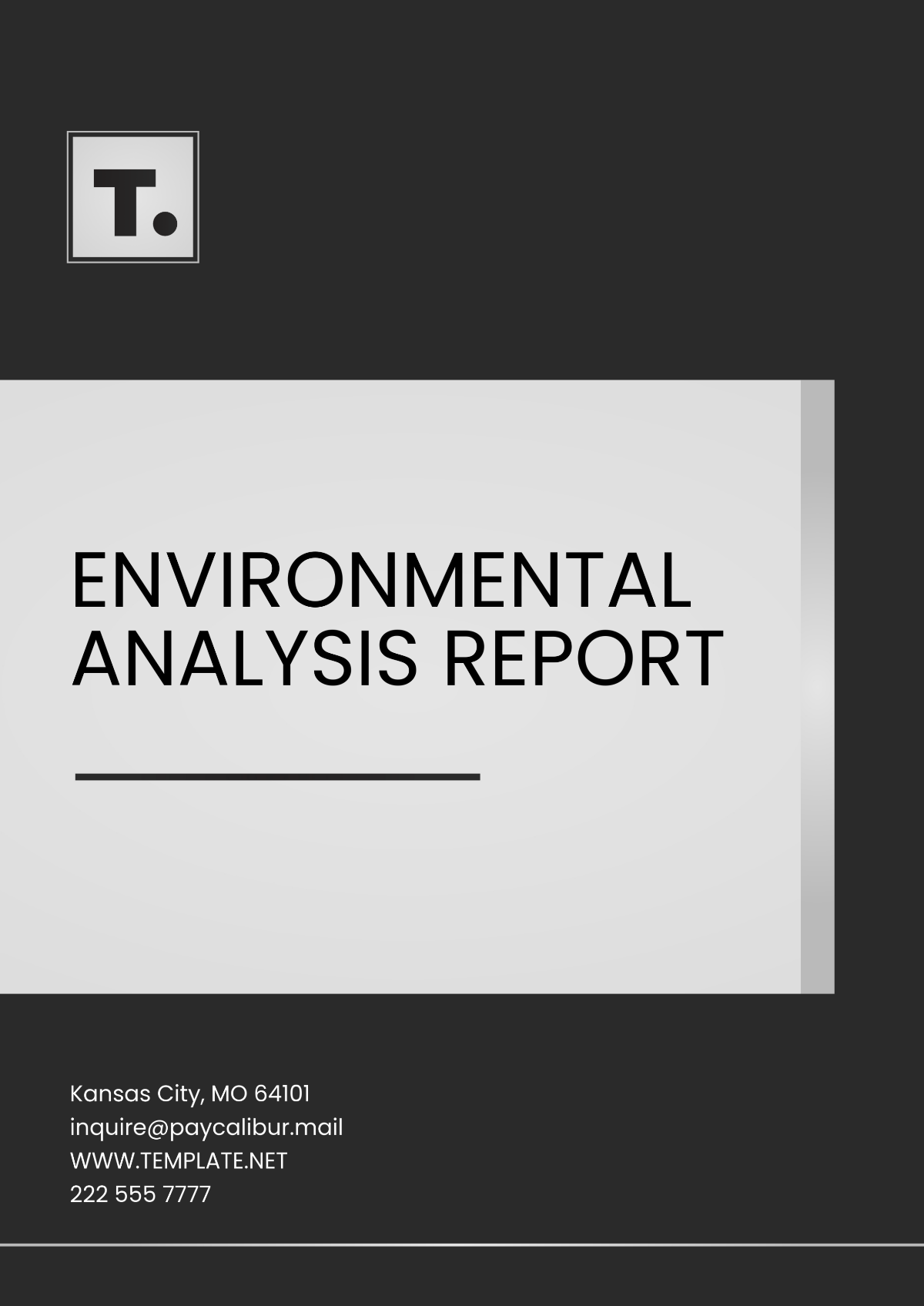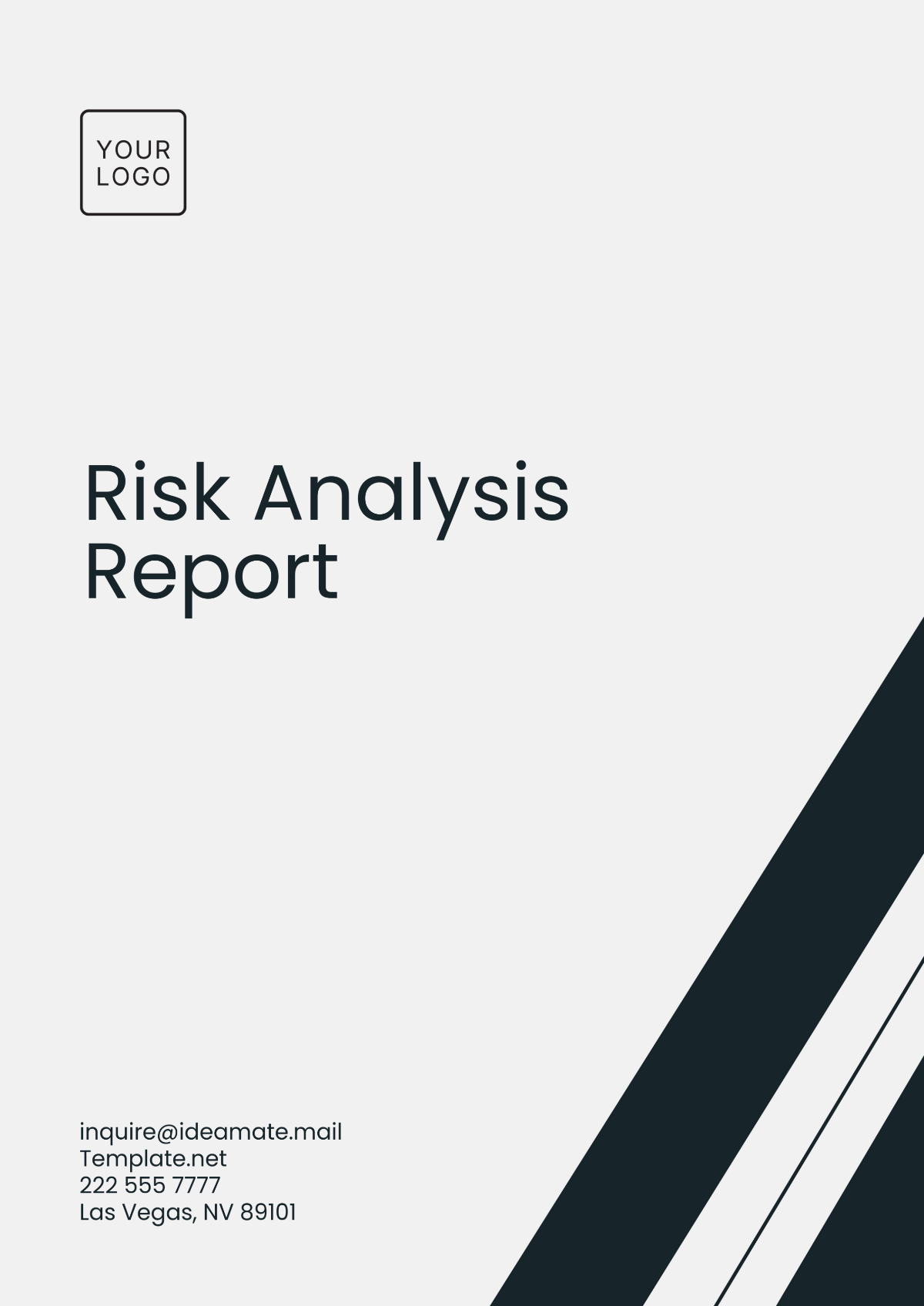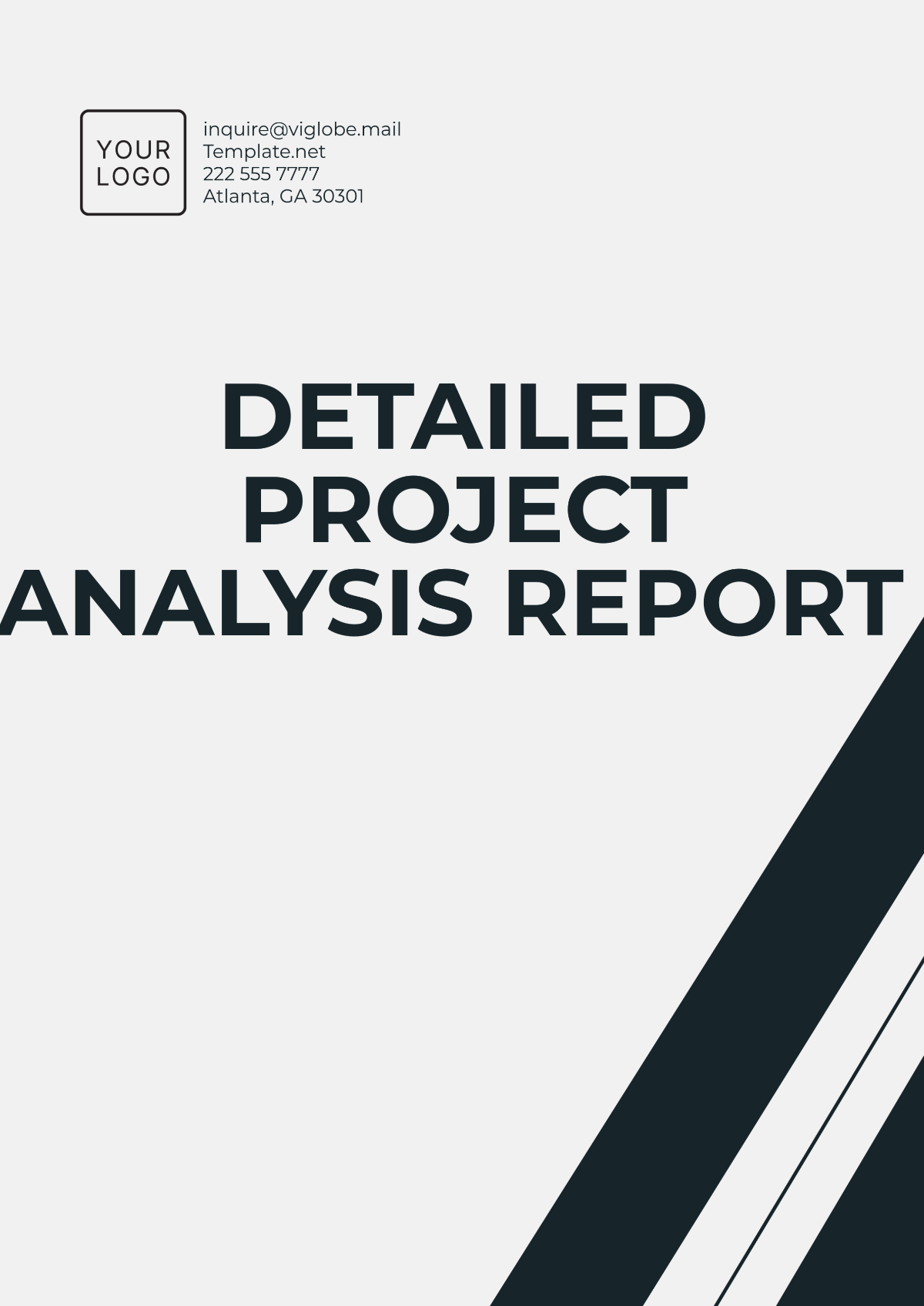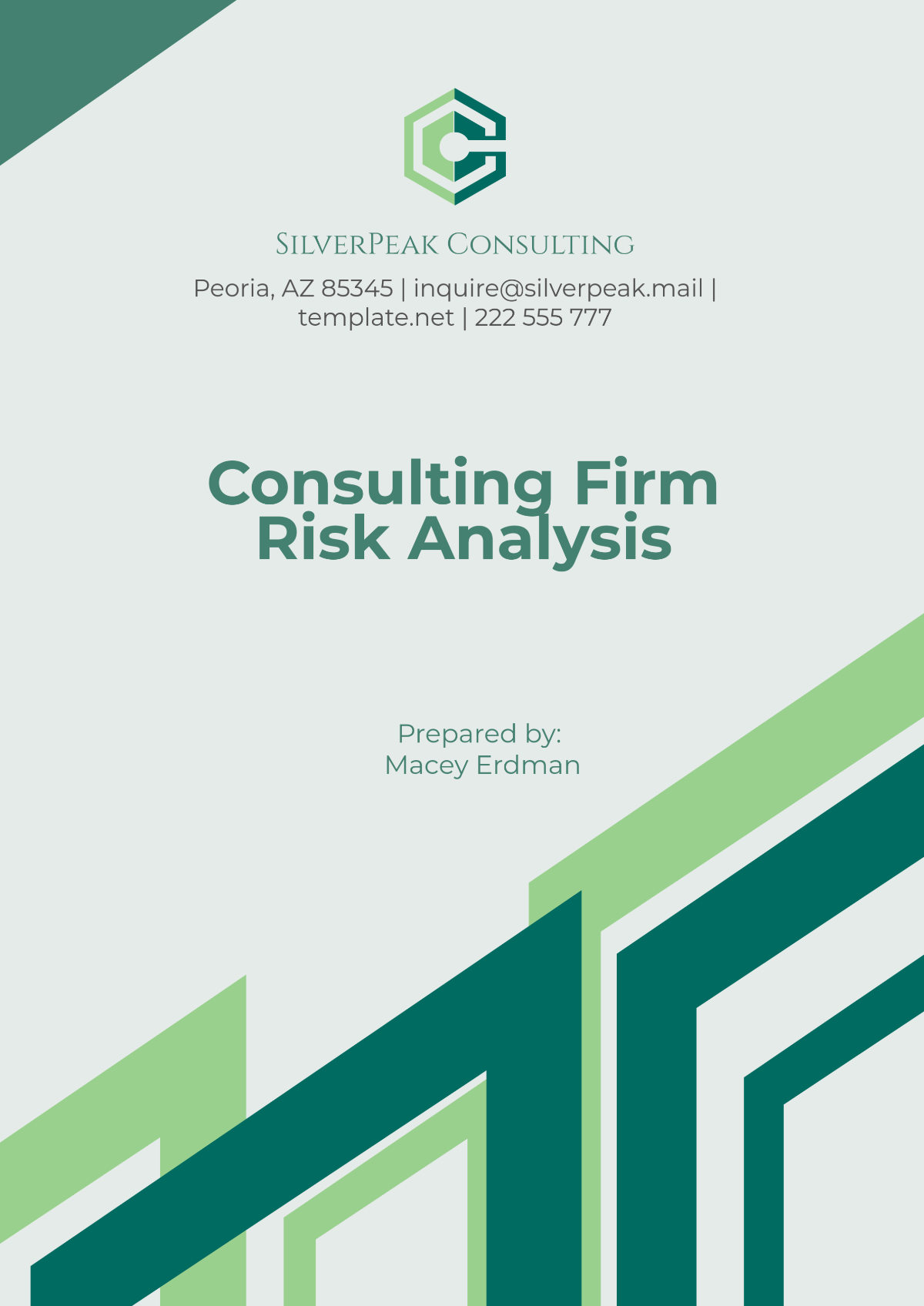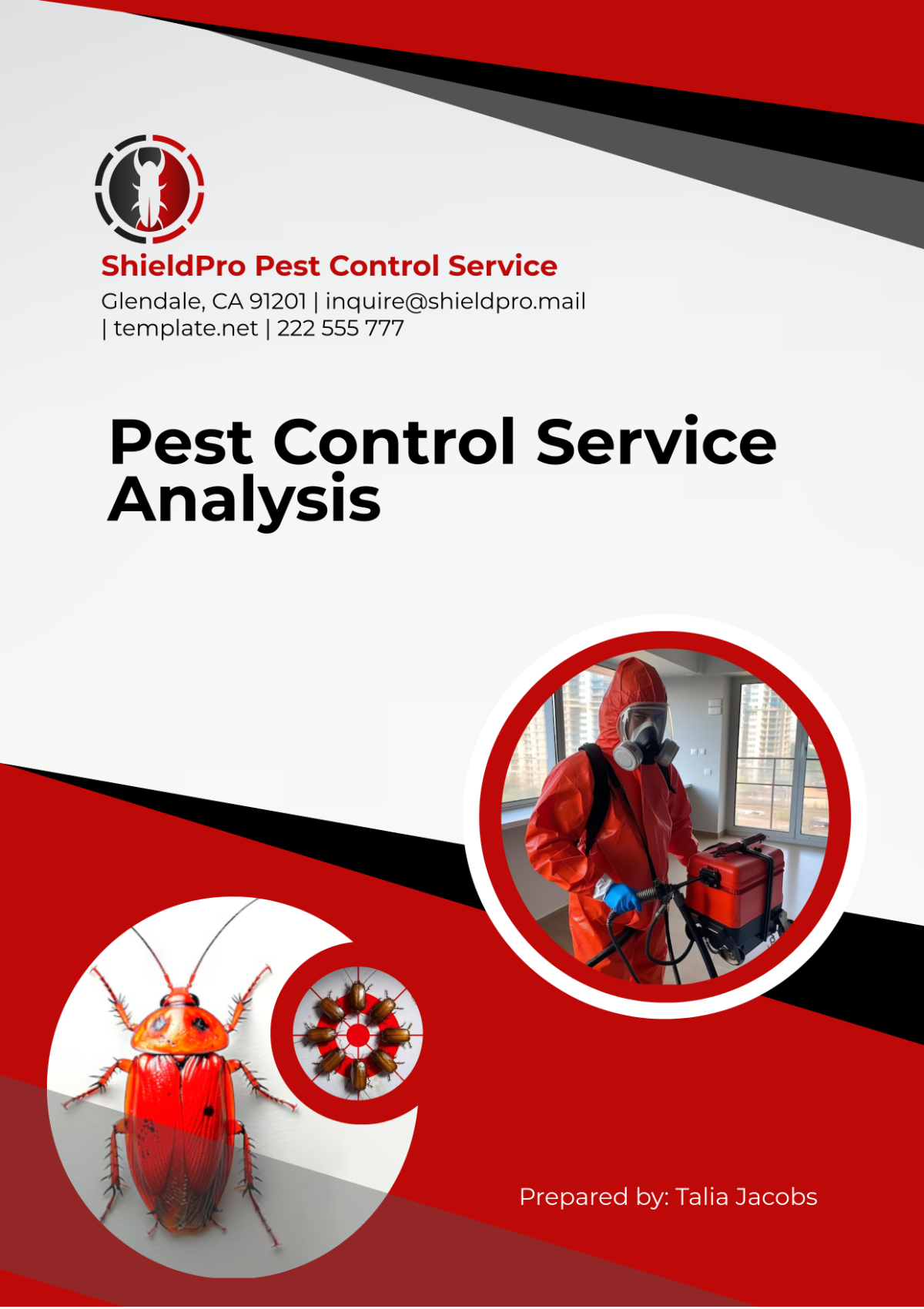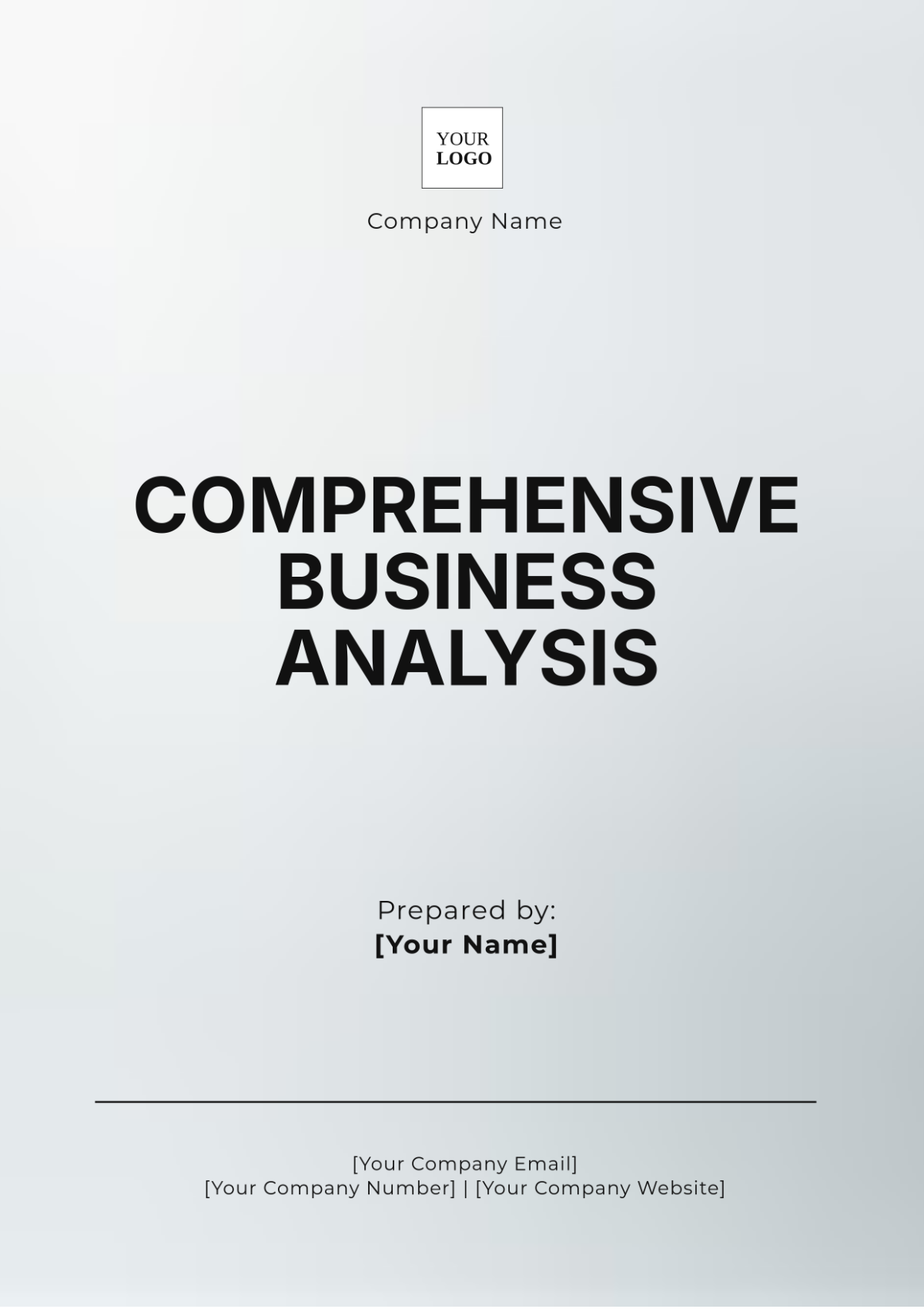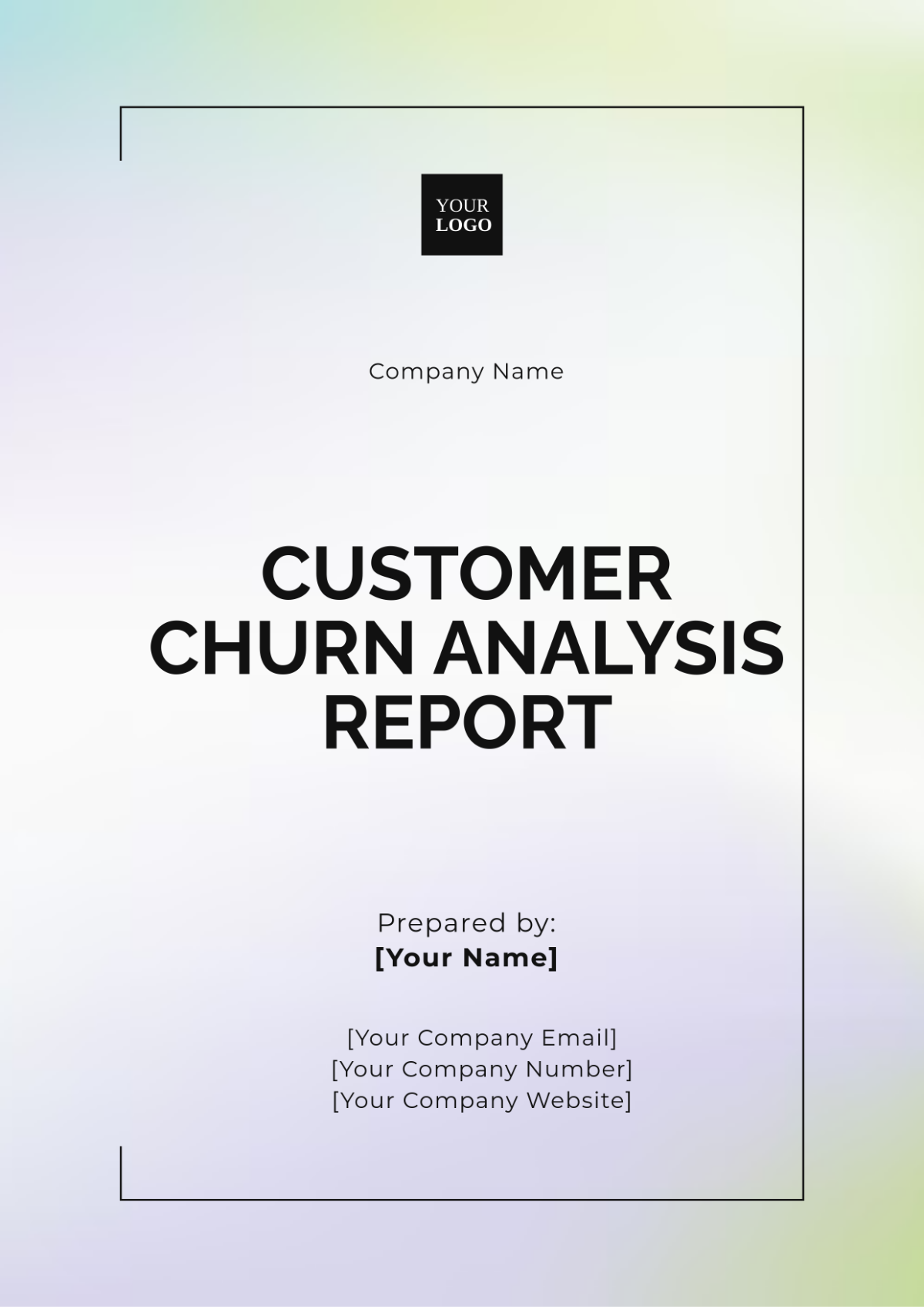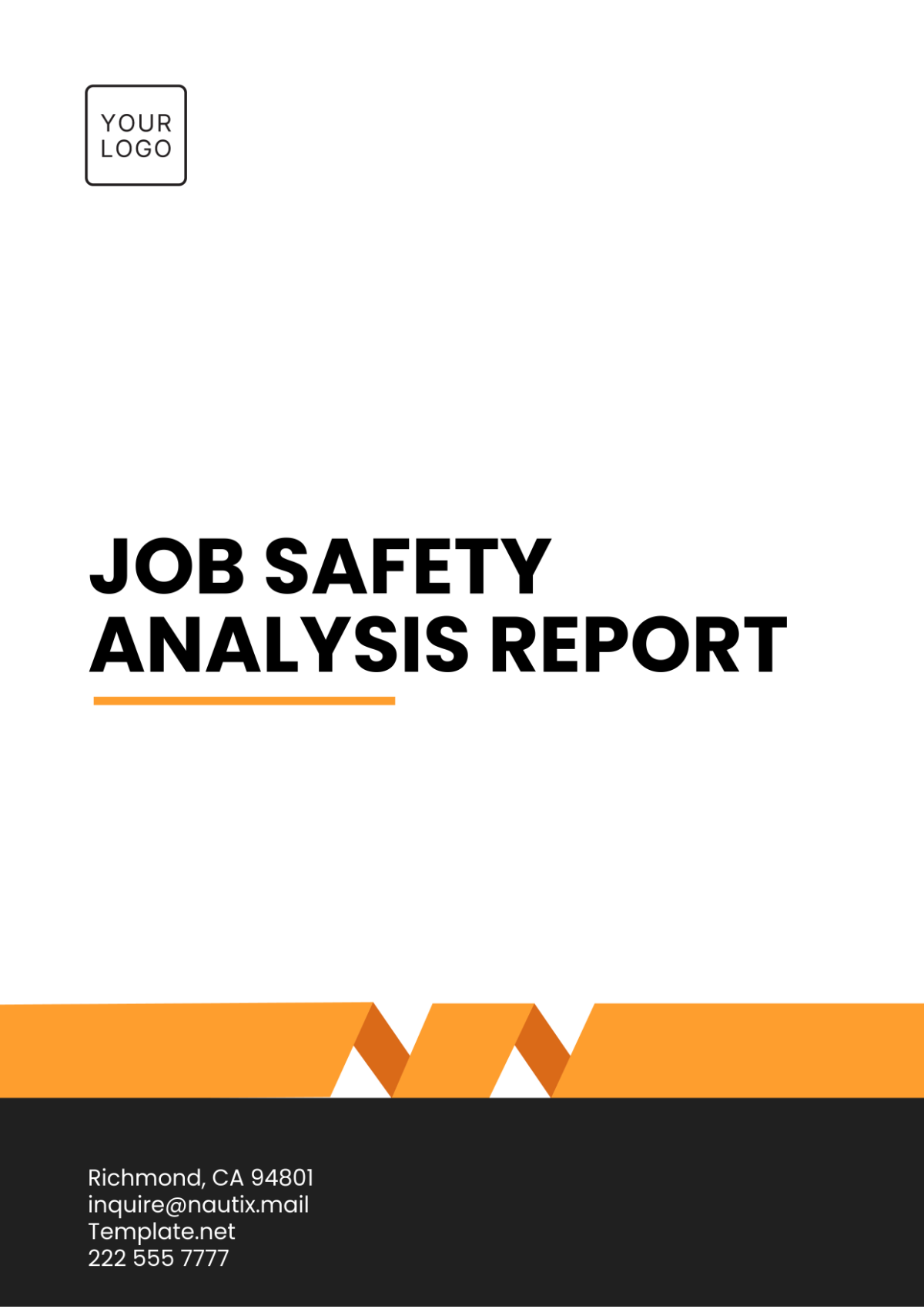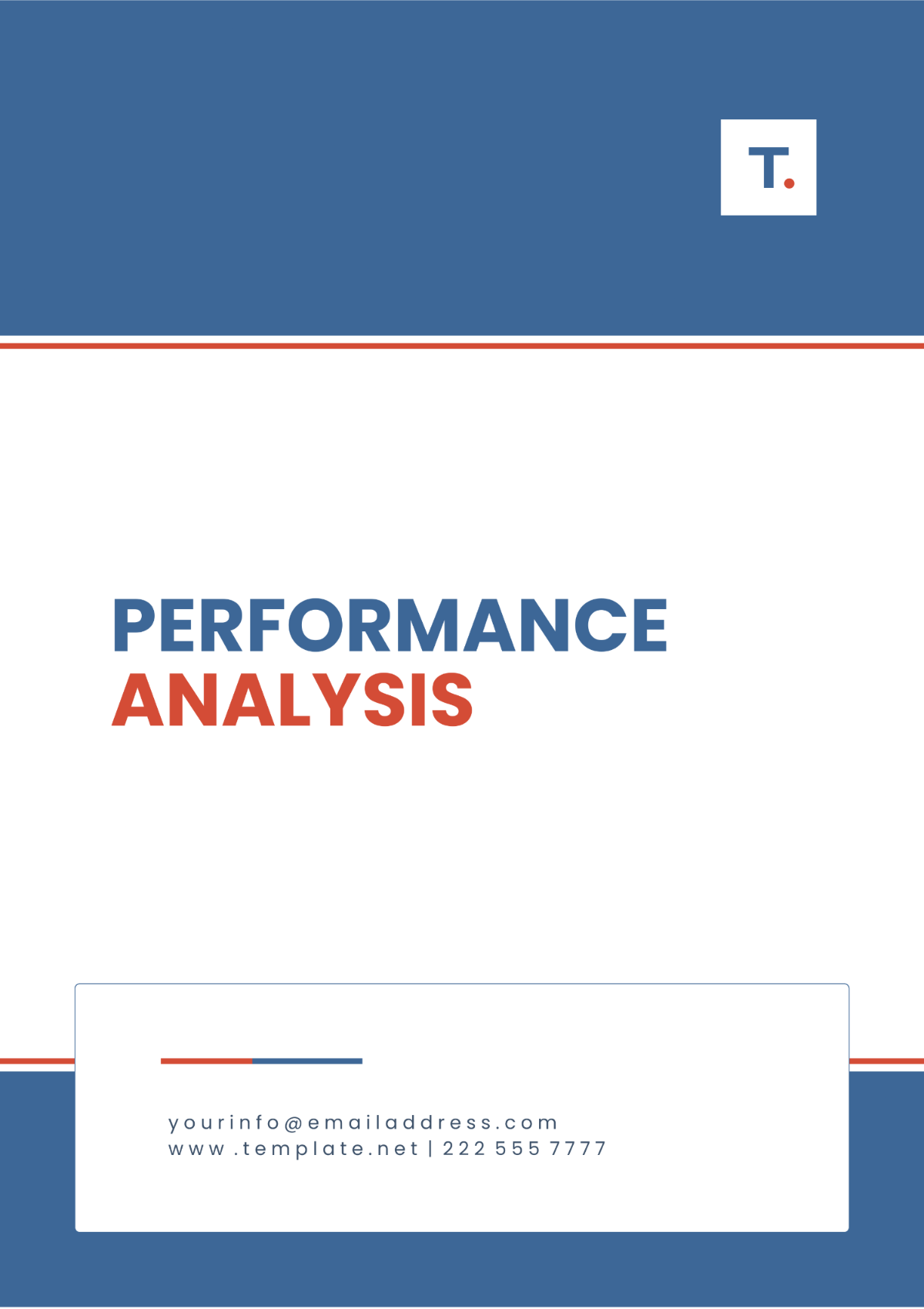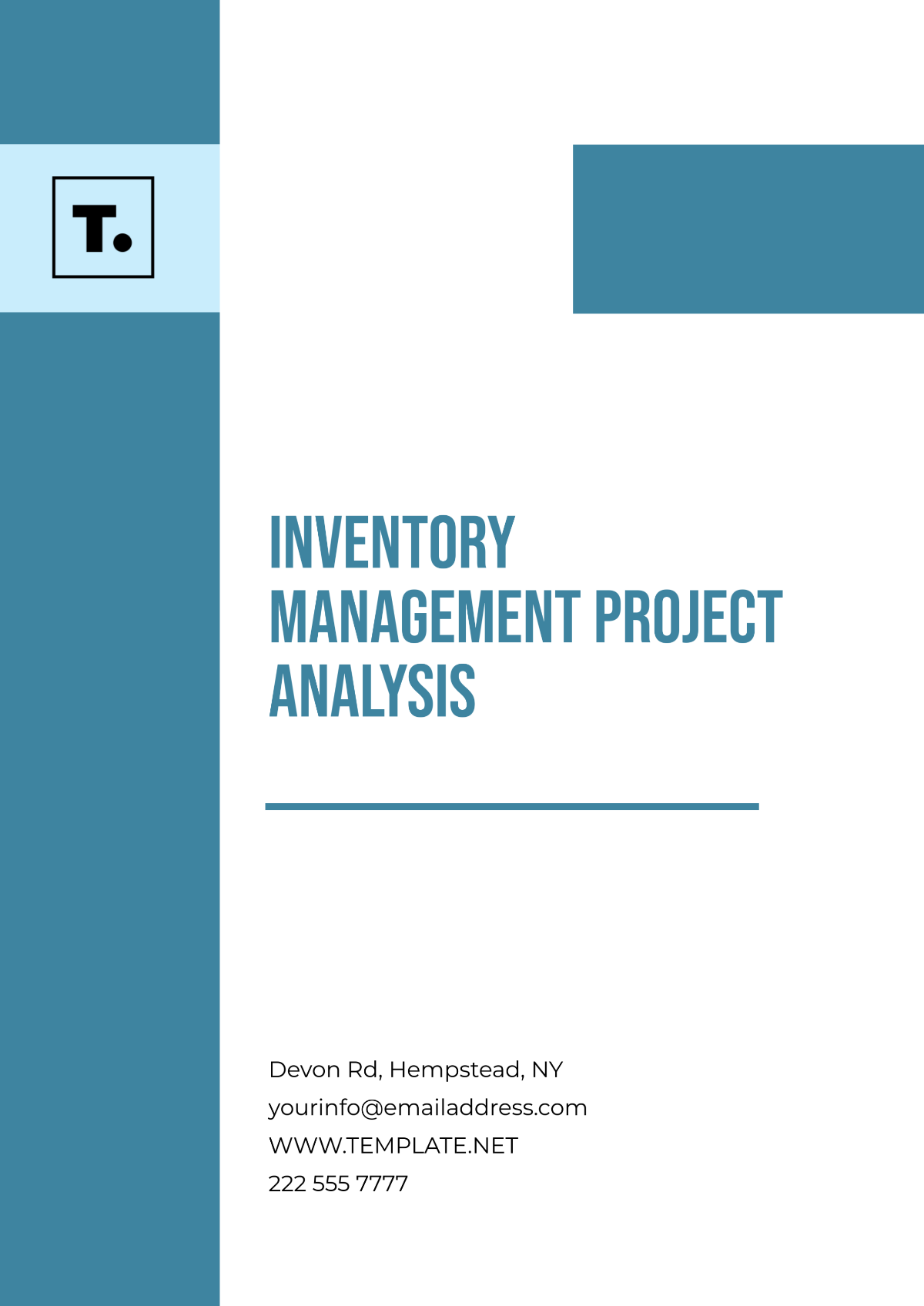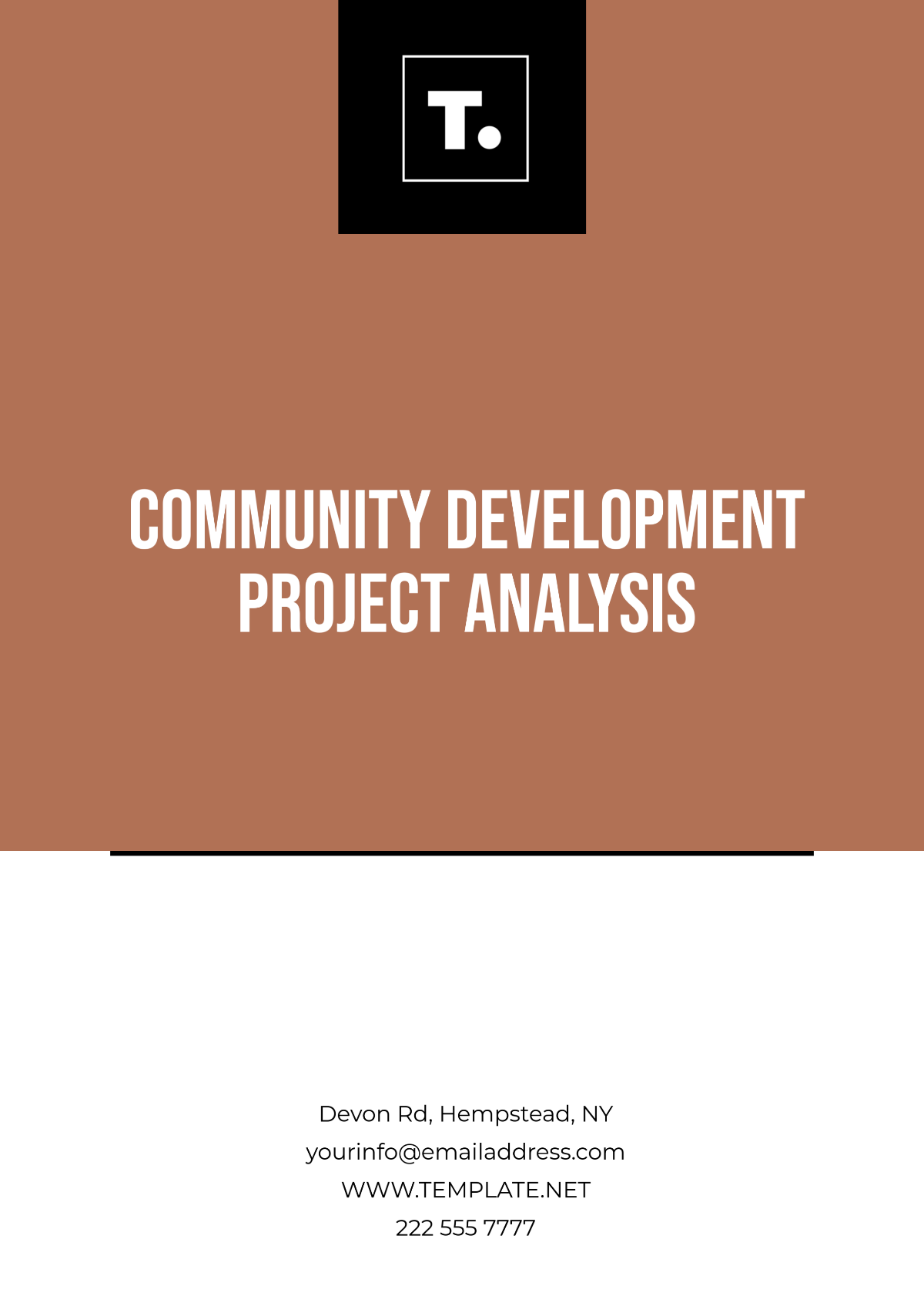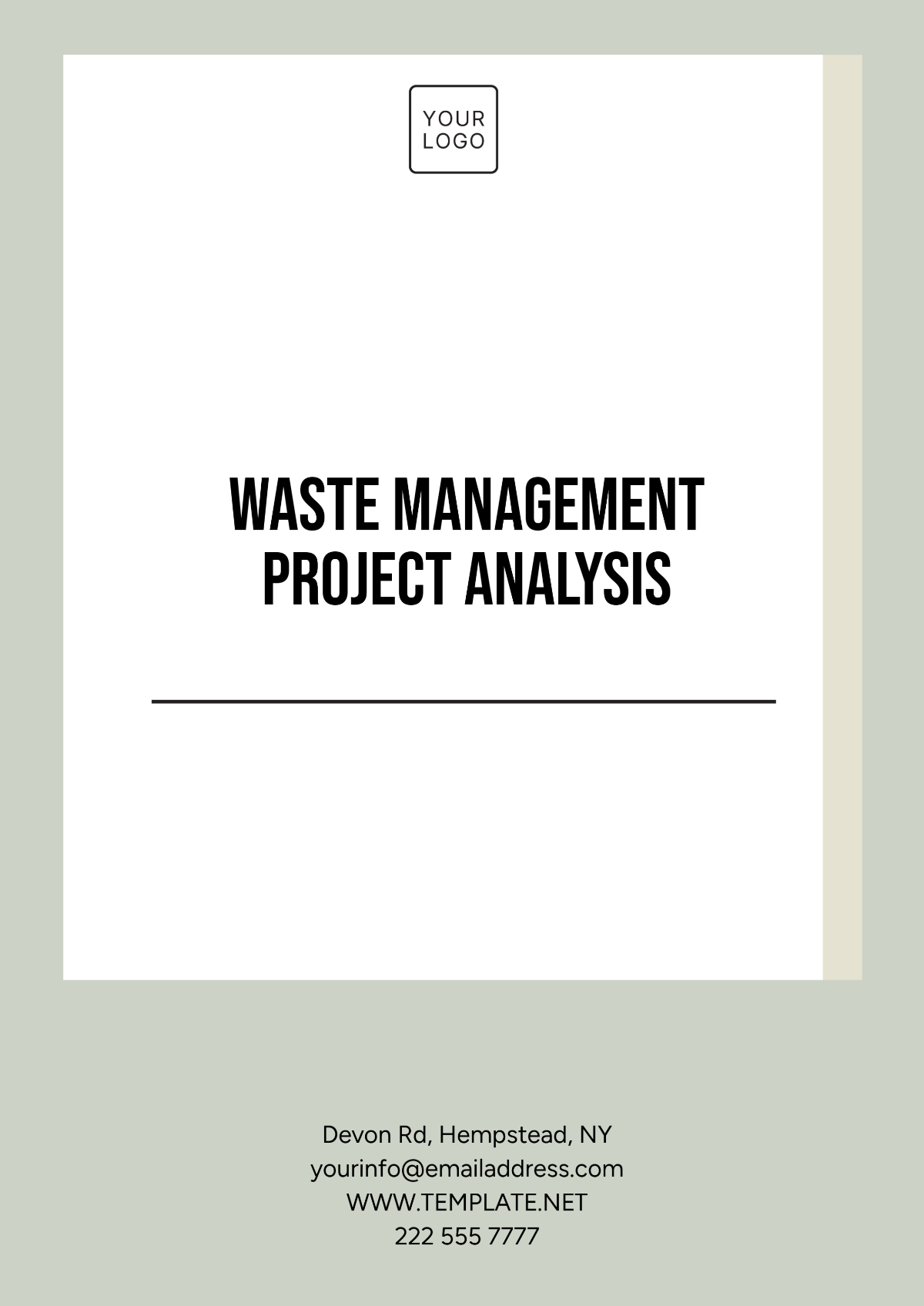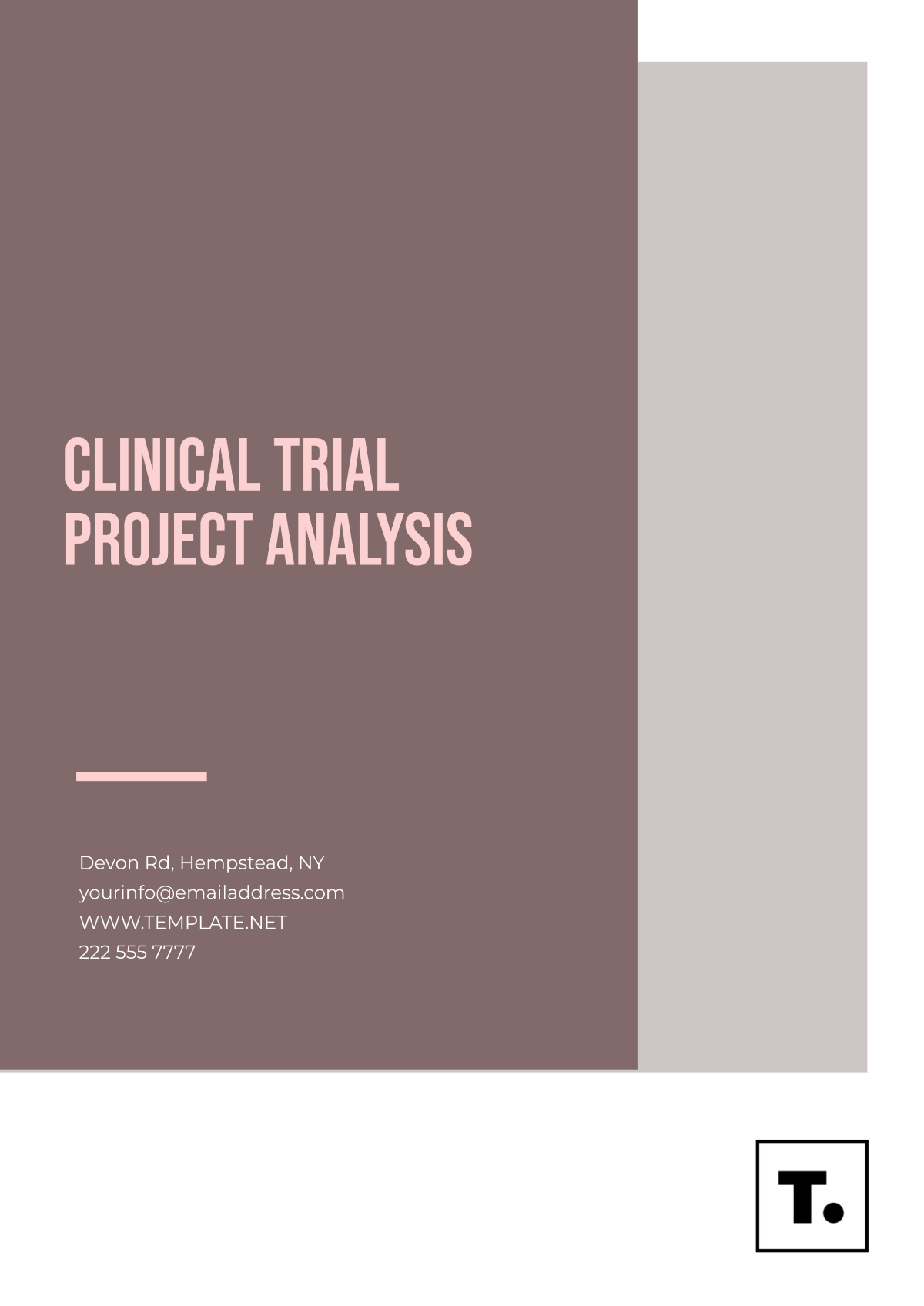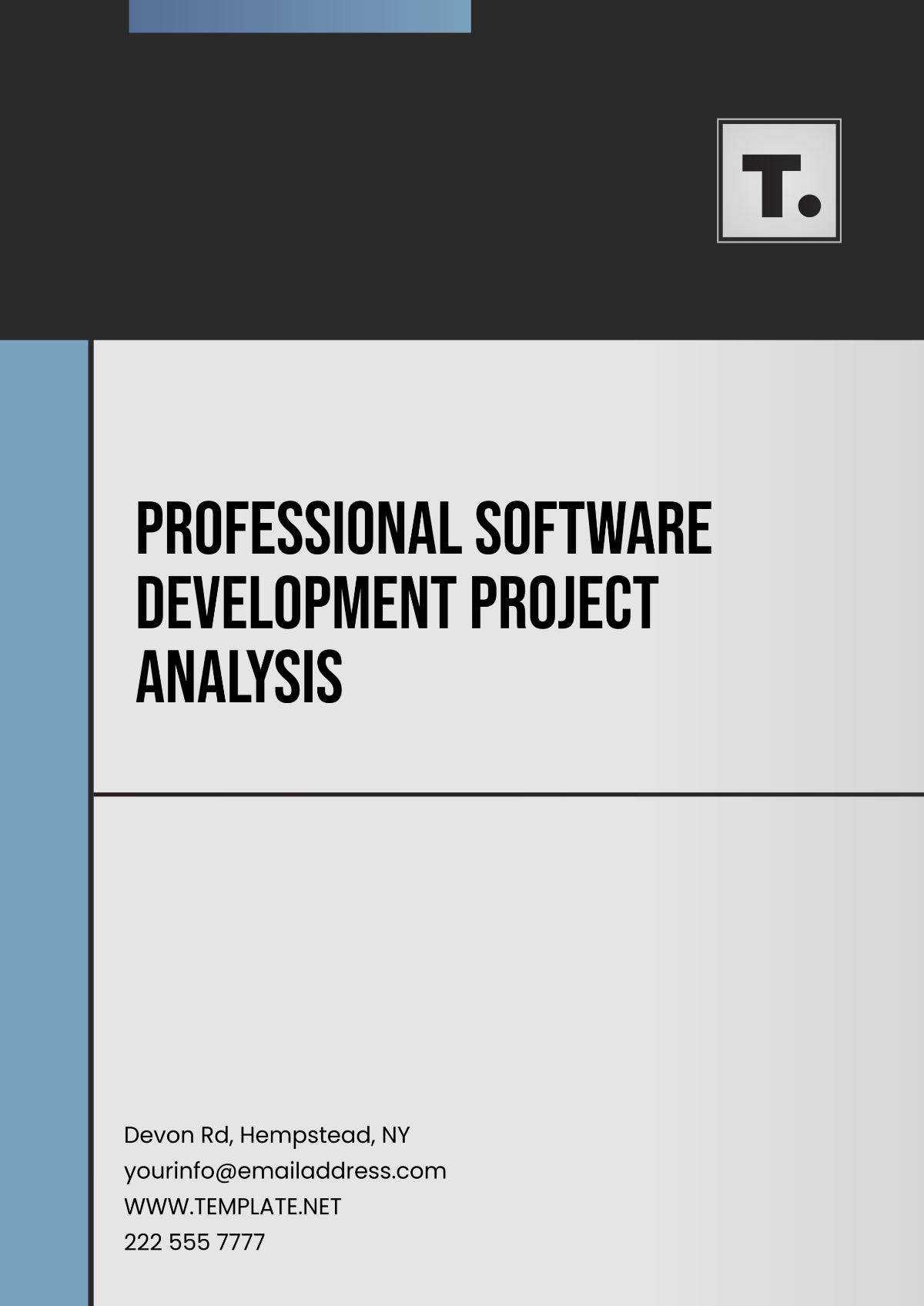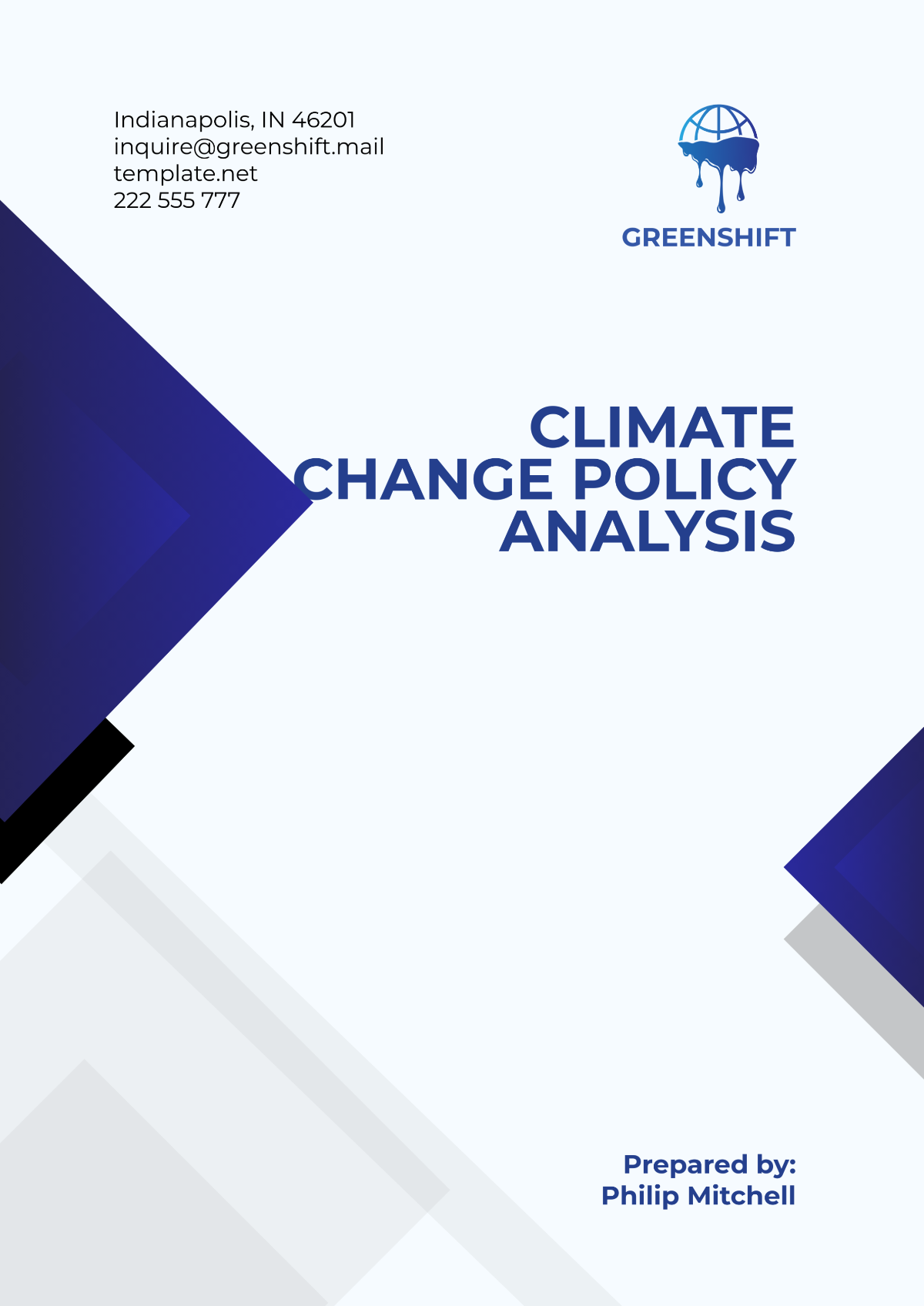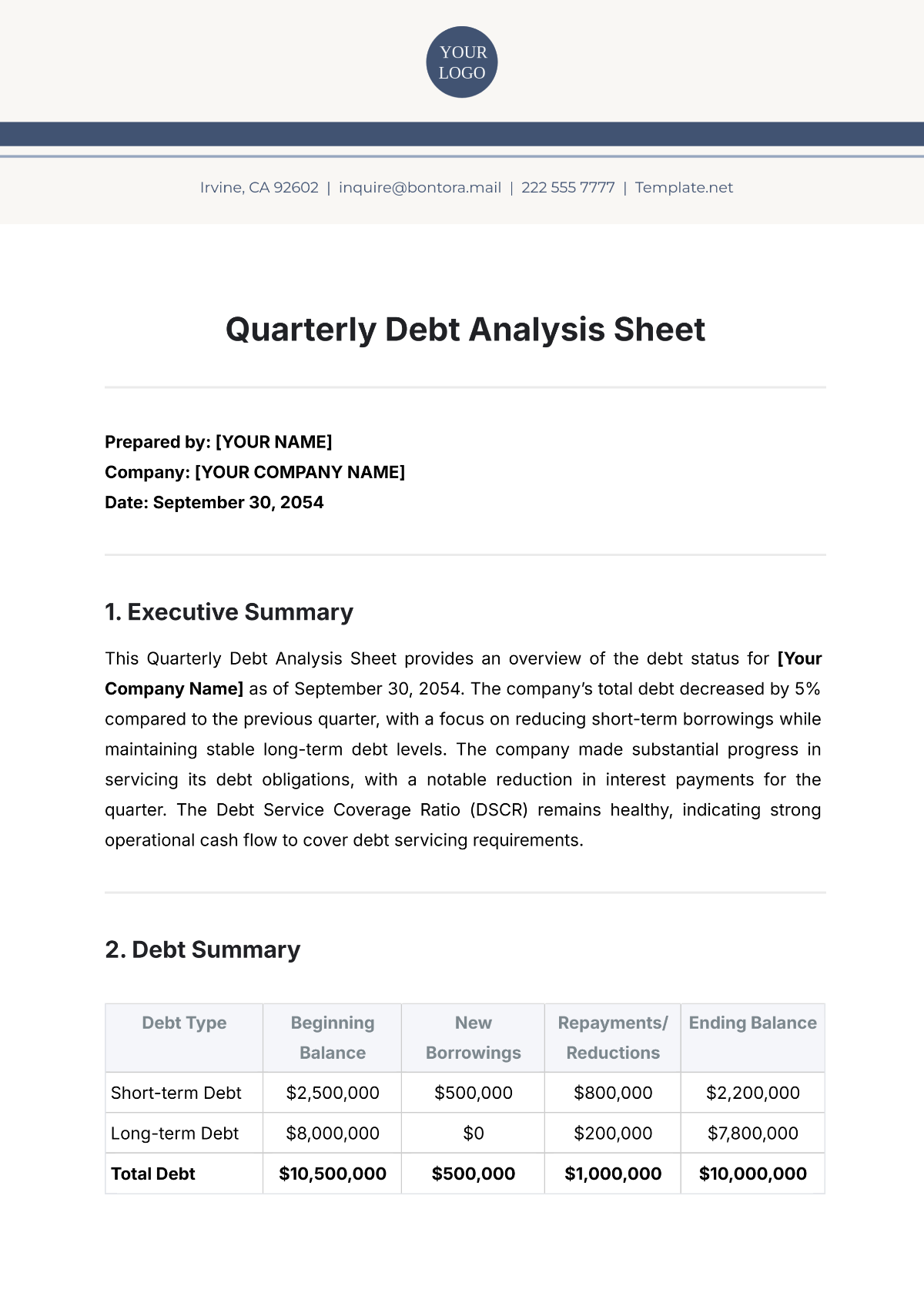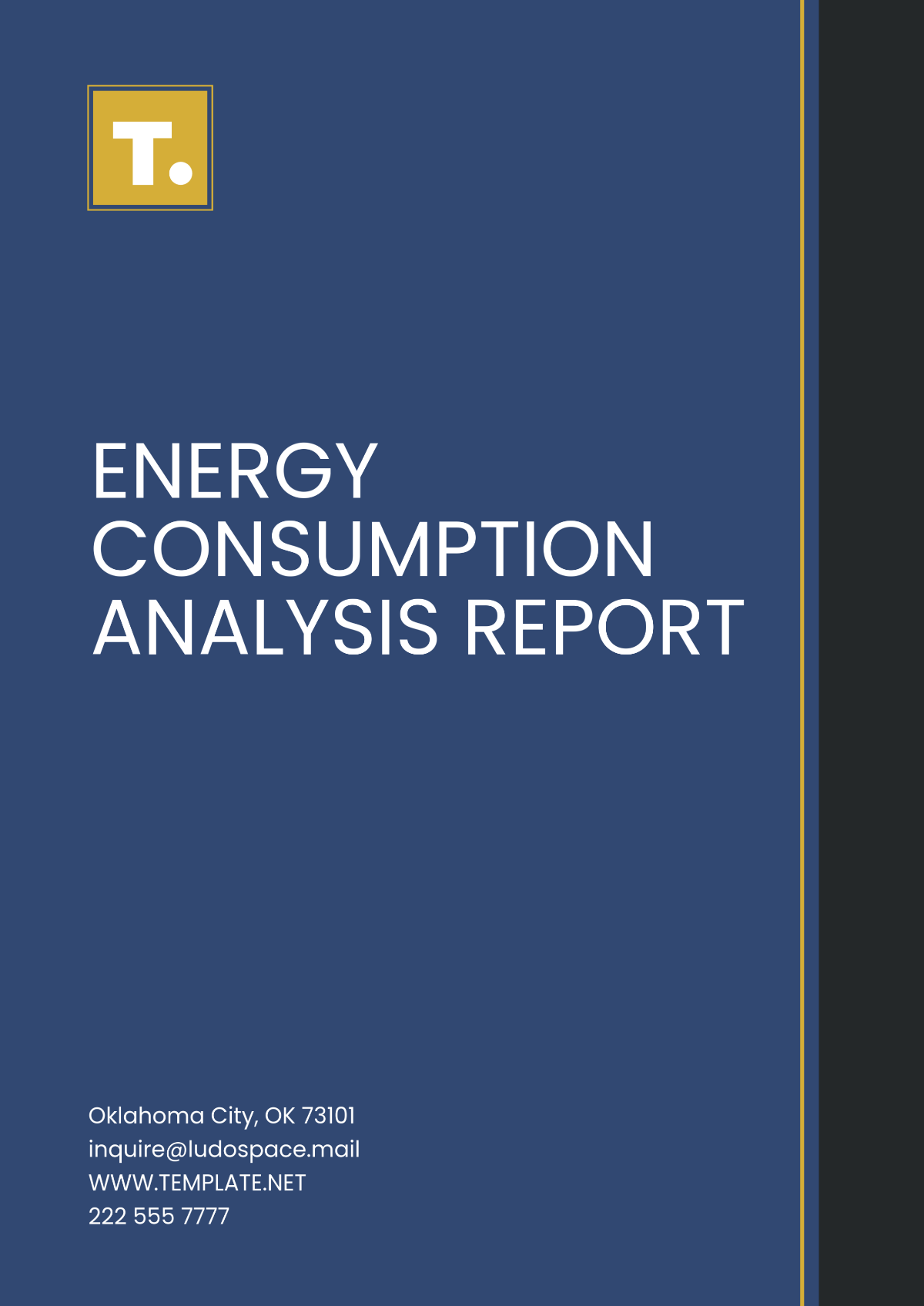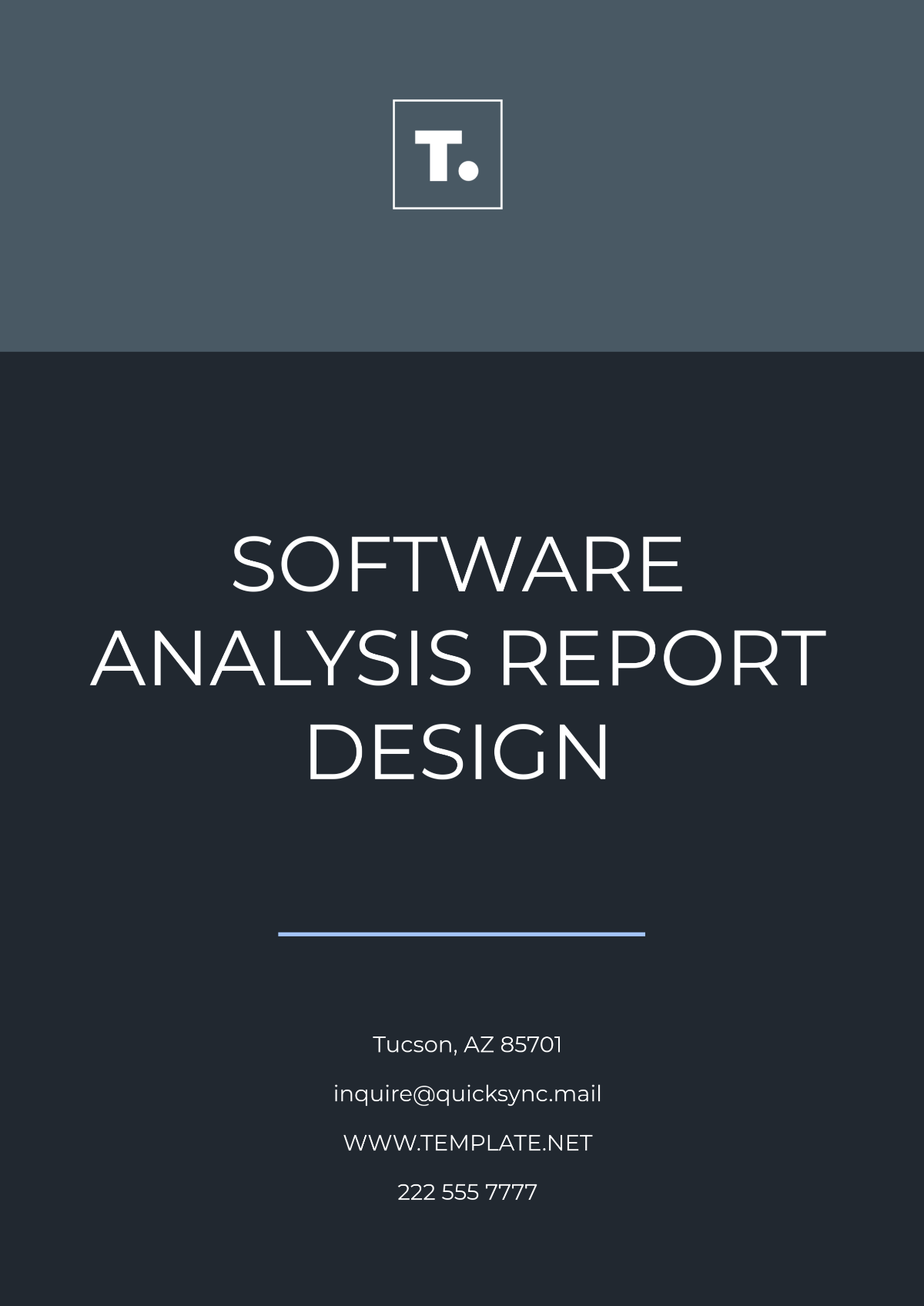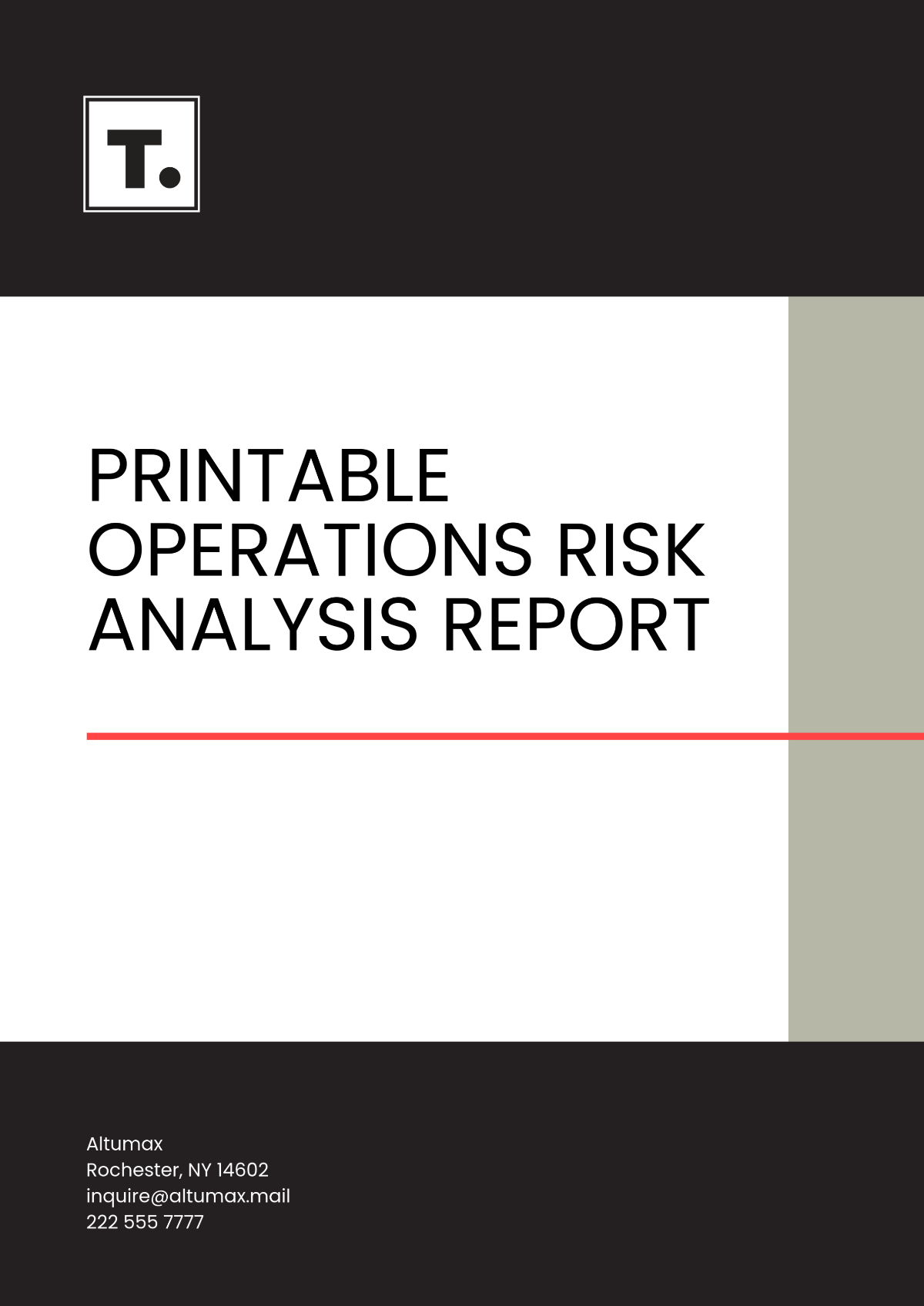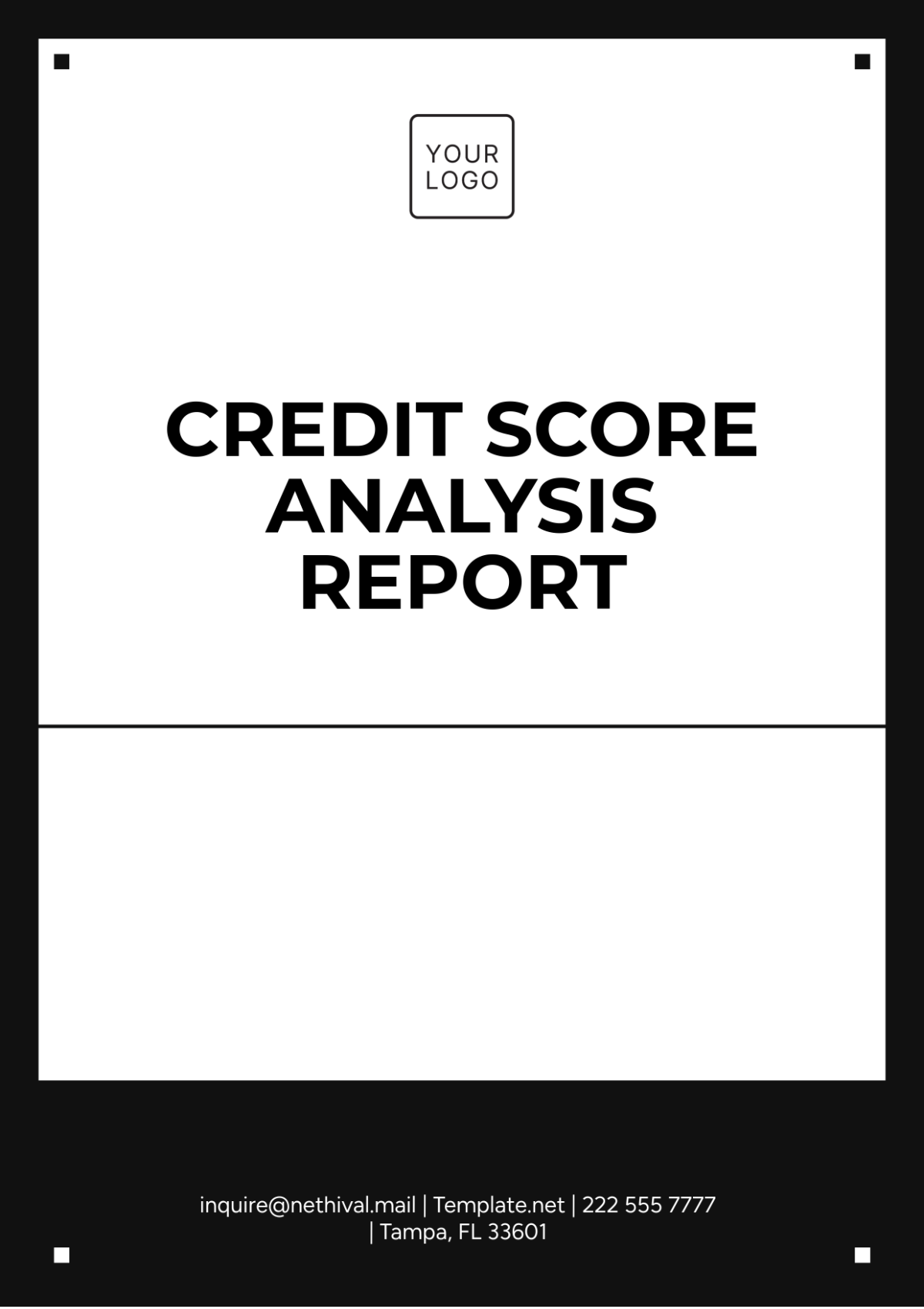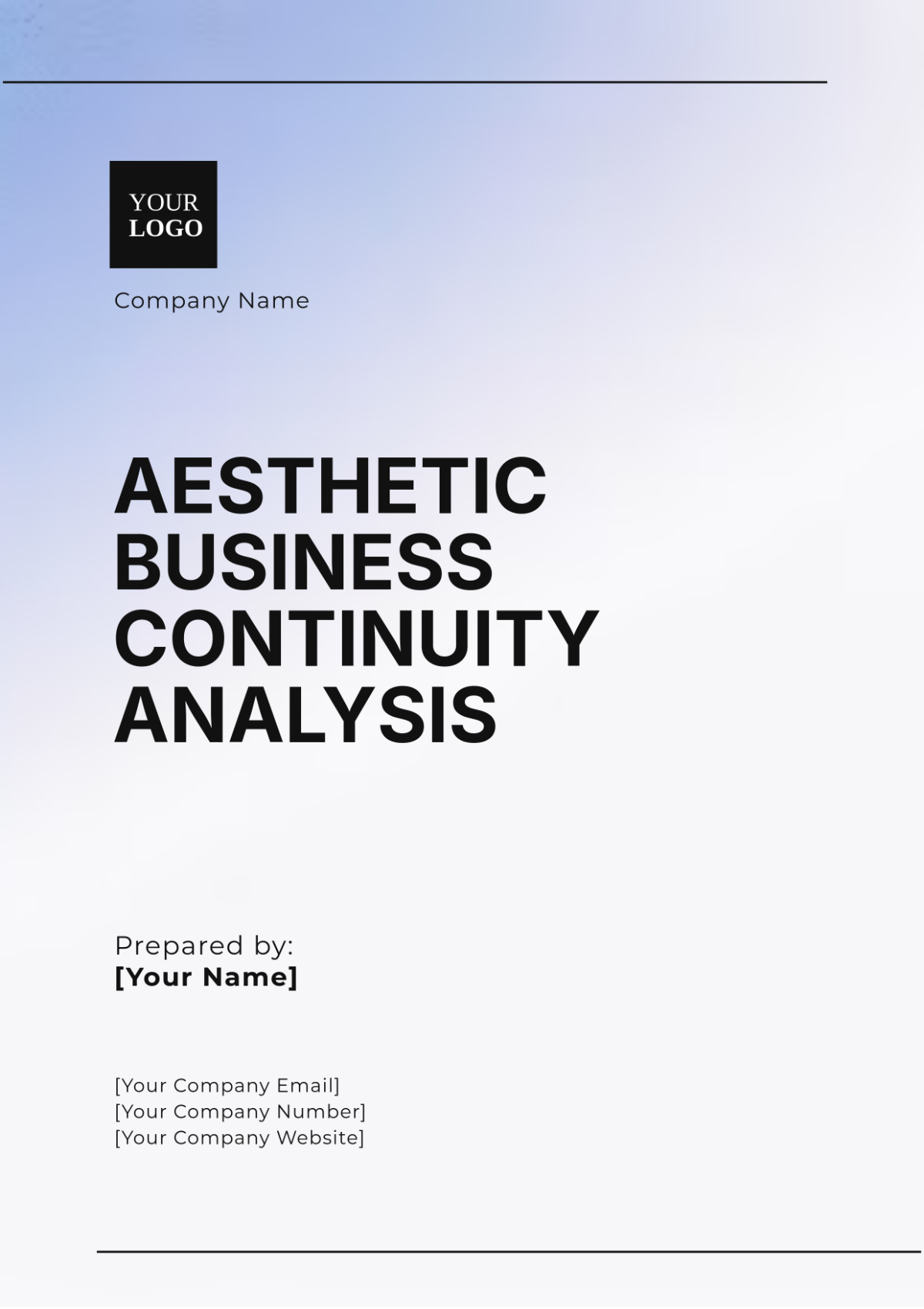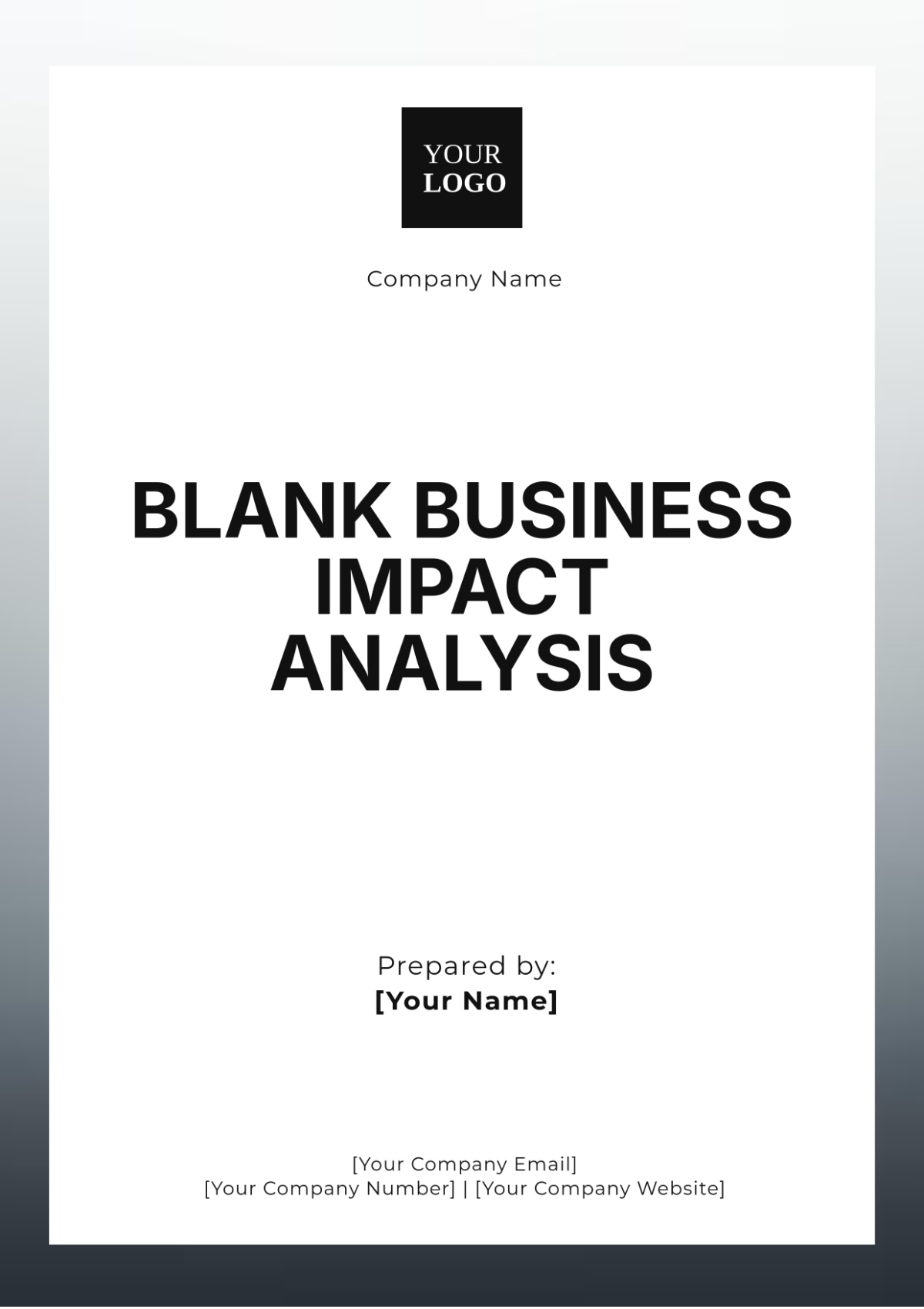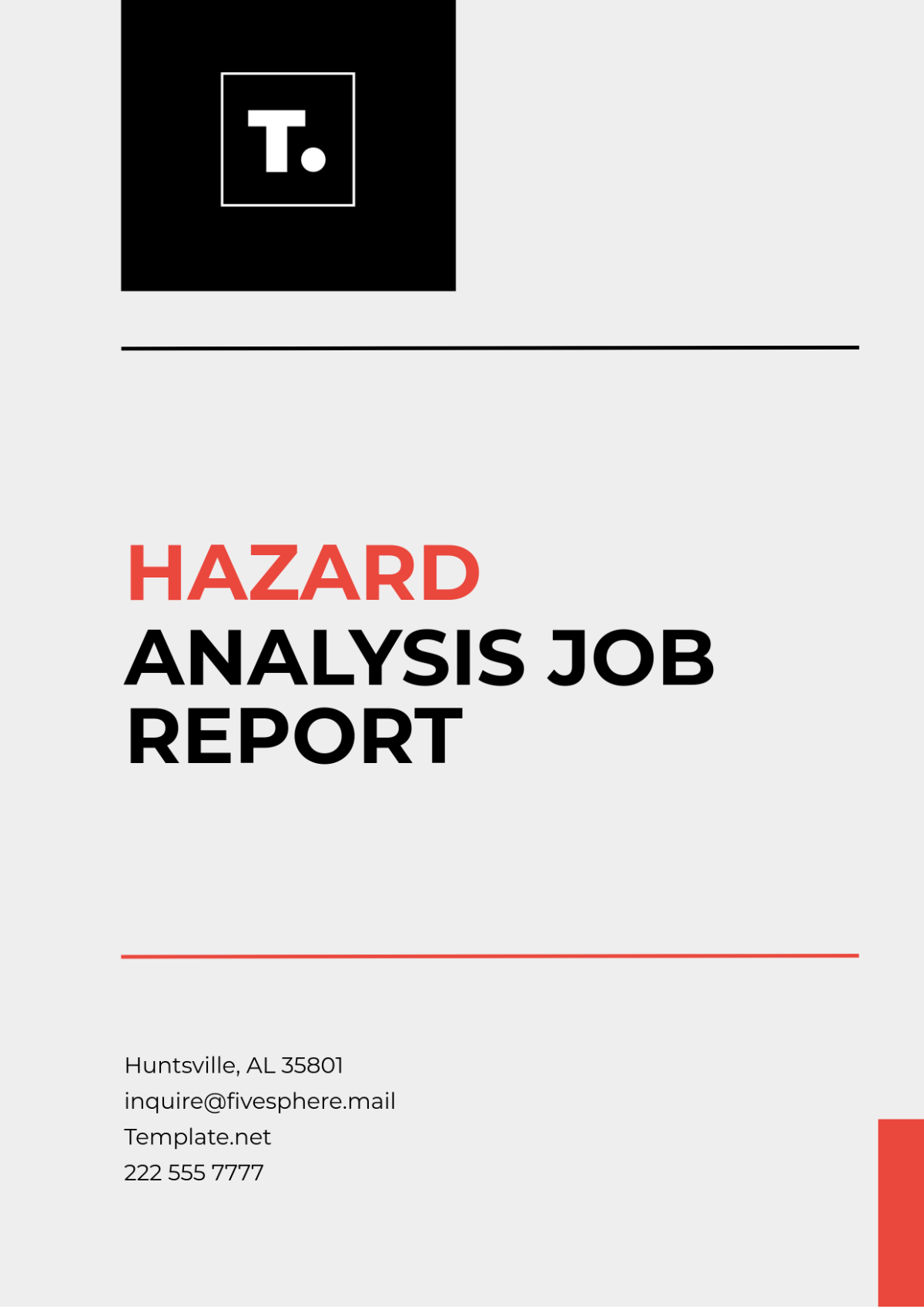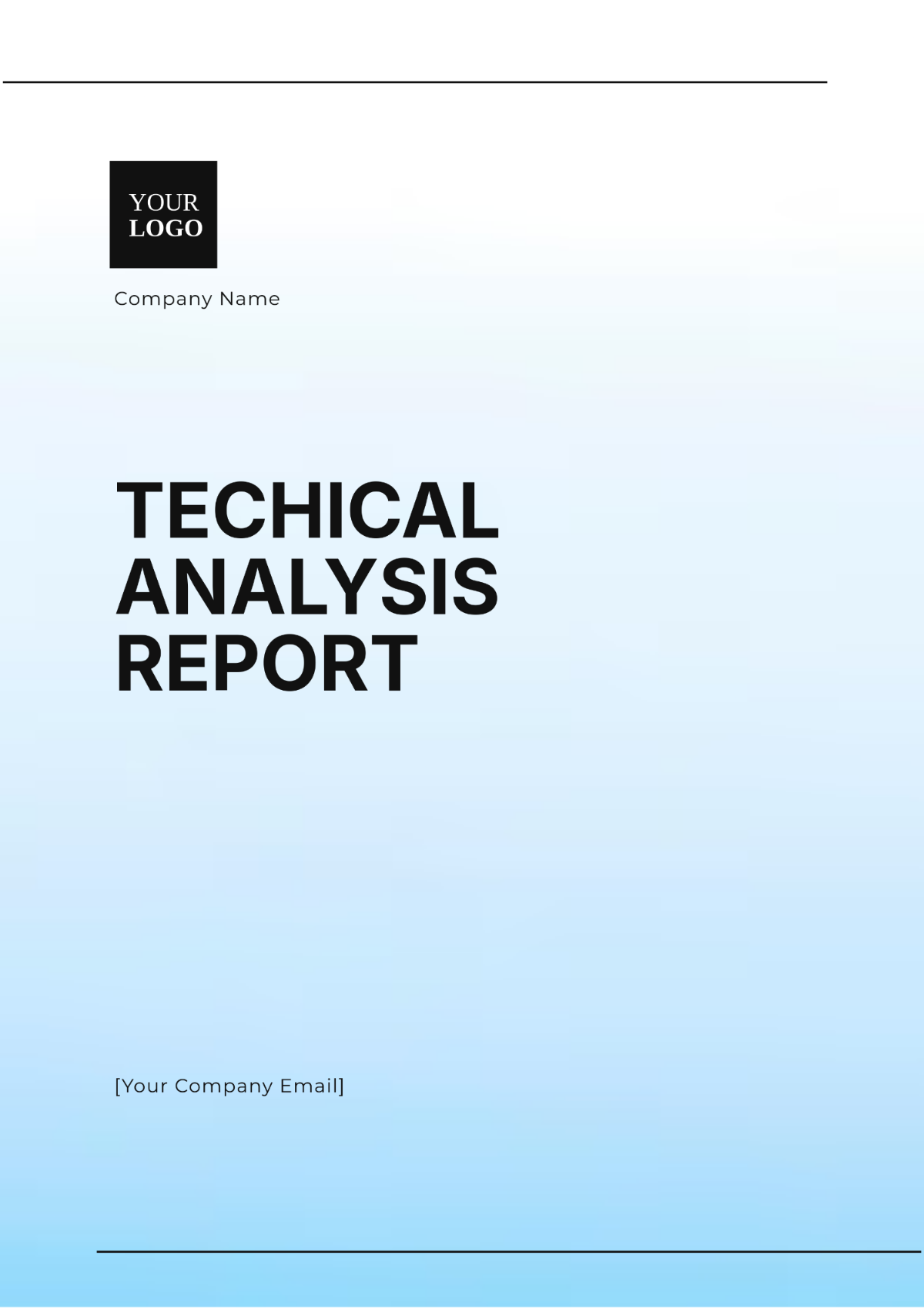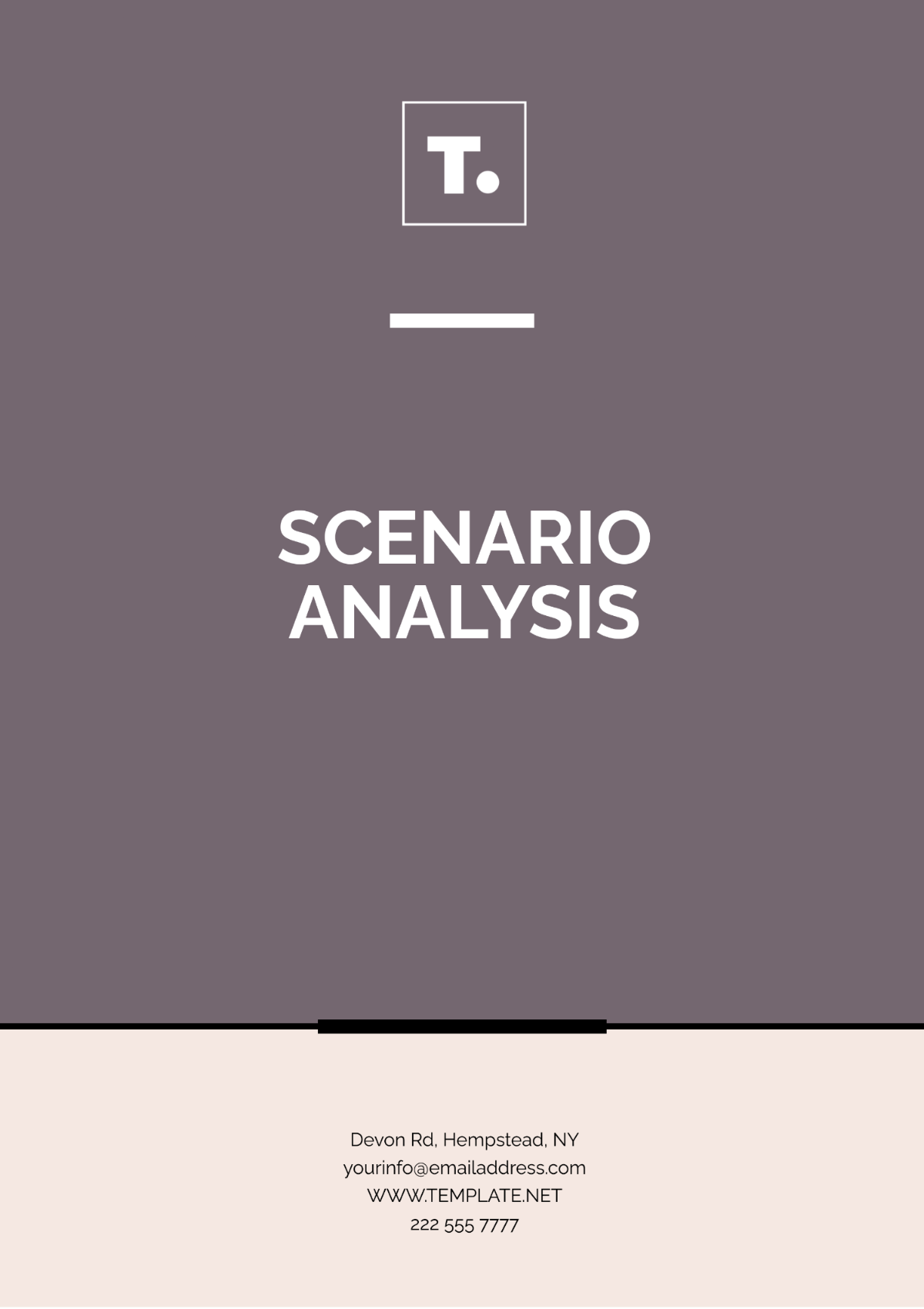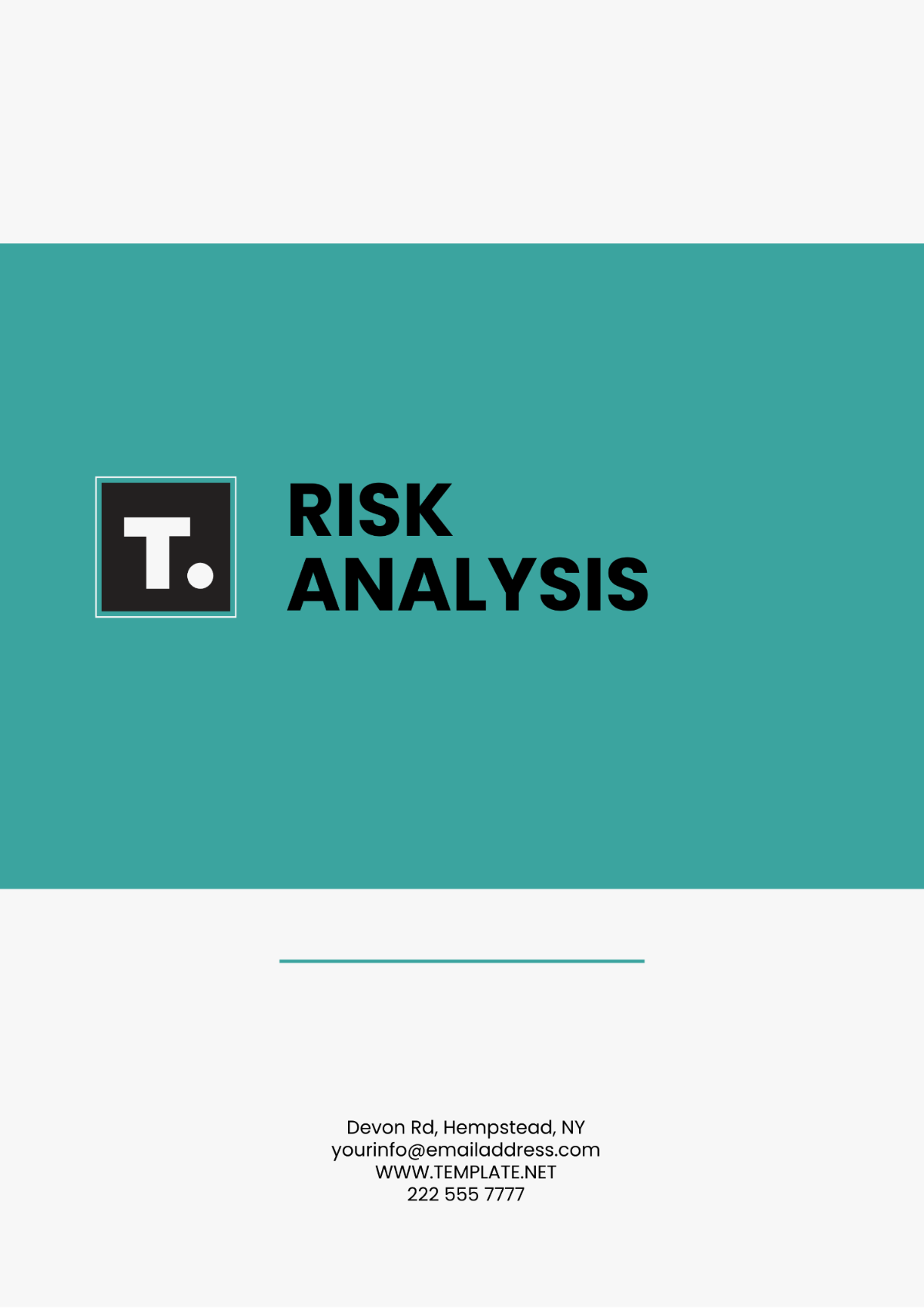Spa Sales Analysis
I. Executive Summary
The Spa Sales Analysis for [Your Company Name] for the fiscal year 2051 presents a robust financial performance, marked by an 18% increase in total revenue over the previous year. This growth is significantly influenced by a strategic shift towards eco-friendly wellness products, aligning with global sustainability trends. The second quarter saw a remarkable 25% surge in sales, primarily driven by the enthusiastic customer reception to our new product launches. This period also coincided with a series of targeted marketing campaigns, which effectively leveraged digital platforms to reach a broader audience.
Further analysis reveals that the revenue increase is not only due to new product successes but also reflects deeper customer engagement and retention strategies. Our customer base expanded by 15% this year, supported by enhanced service offerings and a strengthened loyalty program. This growth underscores the effectiveness of our personalized approach to customer service and our commitment to providing tailor-made wellness experiences. Notably, our retention rates have improved significantly, indicating a strong customer appreciation for our brand’s values and quality of service.
Looking ahead, [Your Company Name] is poised to capitalize on the current momentum by continuing to innovate in the eco-friendly product space and by optimizing our marketing strategies to increase reach and impact. The planned enhancements in customer experience management and the expansion into new market segments are expected to further drive growth and profitability. These initiatives will be crucial in maintaining our competitive edge and securing a leadership position in the rapidly evolving wellness industry.
II. Revenue Analysis
This section of the Spa Sales Analysis provides a detailed breakdown of [Your Company Name]'s revenue streams for the fiscal year 2051. Our comprehensive assessment shows a robust overall increase in revenue by 18% compared to the previous year. We attribute this growth to strategic product launches and effective seasonal marketing efforts, as detailed in the following subsections.
A. Total Revenue
The total revenue for [Your Company Name] in the fiscal year 2051 reached $4.5 million, marking an 18% increase from the previous year's $3.8 million. This growth is reflective of our successful integration of eco-friendly products into the market, which resonated well with our target audience, and our strengthened customer engagement strategies.
Year | Total Revenue | Year-over-Year Growth |
|---|---|---|
2050 | $3.8 million | N/A |
2051 | $4.5 million | 18% |
B. Quarterly Highlights
Our quarterly analysis indicates varied performance throughout the year, with significant spikes correlating with key marketing campaigns and product launches. Each quarter reflects our agile approach to market demands and seasonal opportunities.
Q1: Began the year with steady growth, registering a 10% increase in revenue, amounting to $1 million.
Q2: Saw a significant surge, especially with the launch of new eco-friendly wellness products, leading to a 25% increase and revenue of $1.25 million.
Q3: Maintained a consistent performance with an 8% increase, bringing in $1.1 million.
Q4: Closed the year robustly with a 12% increase in revenue during the holiday season, totaling $1.15 million.
Quarter | Revenue | Percentage Increase | Key Drivers |
|---|---|---|---|
Q1 | $1 million | 10% | Steady market presence |
Q2 | $1.25 million | 25% | Launch of eco-friendly products |
Q3 | $1.1 million | 8% | Consistent marketing strategies |
Q4 | $1.15 million | 12% | Holiday promotions |
Each subsection here provides critical insights into the factors driving revenue changes, showcasing our proactive strategies in market adaptation and customer engagement. This detailed breakdown assists in understanding the dynamics of our financial growth and aids in strategizing for future fiscal periods.
III. Customer Transactions
This section delves into the customer transaction metrics for [Your Company Name] during the fiscal year 2051, where we saw significant improvements in both service bookings and customer retention. These enhancements are crucial indicators of our market penetration and the effectiveness of our customer relationship management strategies, which are detailed in the subsections below.
A. Service Bookings
The year 2051 witnessed a substantial 25% increase in service bookings, totaling 12,000 sessions compared to 9,600 in the previous year. This growth was primarily driven by our holistic treatment packages, which have been aligned with emerging market trends favoring sustainable and health-conscious living.
Year | Total Bookings | Year-over-Year Growth | Notable Trends |
|---|---|---|---|
2050 | $3.8 million | N/A | N/A |
2051 | $4.5 million | 25% | Increase in demand for holistic treatments |
B. Customer Retention
Our customer retention rates saw a commendable improvement, increasing by 15% over the course of the year. This was achieved through targeted, personalized marketing strategies and a significant enhancement of our customer service protocols, which ensured higher satisfaction and loyalty among our clients.
Year | Retention Rate | Year-over-Year Improvement | Notable Trends |
|---|---|---|---|
2050 | 60% | N/A | N/A |
2051 | 75% | 15% | Personalized marketing, enhanced service |
The insights provided in this section underline the success of our customer-centric approaches and the alignment of our service offerings with the prevailing health and wellness trends. These strategies not only enhanced our customer base but also ensured their continued engagement with our brand, setting a solid foundation for sustained growth.
IV. Marketing Analysis
In this section, we analyze the effectiveness of our marketing strategies at [Your Company Name] for the fiscal year 2051. Focused primarily on digital marketing campaigns and local advertising efforts, this analysis provides insights into the areas of success and opportunities for improvement. This dual approach aims to maximize both online engagement and physical customer interactions, as detailed in the subsections below.
A. Digital Marketing Campaigns
Our digital marketing campaigns, which predominantly utilized social media platforms and email marketing, played a crucial role in driving a 30% increase in online bookings. The campaigns reached a wide audience, with notable engagement rates that translated directly into increased service bookings.
Marketing Channel | Impressions | Engagement Rate | Increase in Bookings | Key Platforms |
|---|---|---|---|---|
Social Media | 800,000 | 5% | 35% | Facebook, Instagram, Twitter |
Email Marketing | 50,000 emails | 20% open rate | 25% | Newsletter Campaigns |
B. Local Advertising
Despite the success of our digital campaigns, we observed a 10% decline in walk-in customers, which indicates a potential shortfall in our local advertising efforts. This trend suggests the need for enhanced local visibility through improved signage, local media advertisements, and community engagement activities.
Marketing Method | Previous Year Spend | Current Year Spend | Customer Impact | Recommended Actions |
|---|---|---|---|---|
Local Signage | $5,000 | $4,000 | -12% walk-ins | Increase budget by 20% |
Local Media Ads | $10,000 | $9,000 | -8% walk-ins | Revise media placements |
Community Events | $3,000 | $2,500 | -15% walk-ins | Boost participation by 30% |
This marketing analysis underscores the strengths of our digital strategies in enhancing online engagement and bookings, while also highlighting the crucial areas where local advertising needs to be fortified to ensure a balanced approach to market penetration and customer acquisition.
V. Competitive Landscape
This section evaluates the competitive dynamics within the spa industry and the strategic positioning of [Your Company Name] throughout the fiscal year 2051. Despite increased competition, our deliberate and thoughtful engagement in strategic partnerships and enhancements in service offerings have successfully expanded our market share by 5%. This progress reflects our ability to adapt and innovate in a challenging market environment, as detailed below.
A. Market Share Expansion
In 2051, [Your Company Name] increased its market share from 10% to 15% within the spa industry. This growth is attributed to our focus on unique, eco-friendly service offerings and forming alliances with complementary businesses, which not only broadened our reach but also enhanced our brand value.
Year | Market Share | Increase | Influencing Factors |
|---|---|---|---|
2050 | 10% | N/A | N/A |
2051 | 15% | 5% | Strategic partnerships, enhanced services |
B. Strategic Partnerships
Our strategic partnerships this year included collaborations with local wellness products suppliers and health-centric events, which facilitated cross-promotions and increased visibility among target demographics.
Partnership Type | Description | Impact on Business |
|---|---|---|
Product Suppliers | Collaboration with eco-friendly product brands | Expanded service offerings, attracted new customers |
Wellness Events | Sponsorship and participation in regional events | Increased brand recognition and customer engagement |
C. Service Offerings Enhancement
We enhanced our service offerings by integrating advanced therapeutic technologies and expanding our holistic treatment options. This approach not only differentiated us from our competitors but also attracted a broader clientele looking for innovative wellness solutions.
Service Enhancement | Description | Customer Impact |
|---|---|---|
Therapeutic Technologies | Incorporation of biotech in treatments | Improved treatment efficacy, increased bookings |
Holistic Treatments | Expansion of holistic service range | Attracted health-conscious clients |
This competitive landscape analysis demonstrates how [Your Company Name]'s strategic actions in partnership development and service enhancement have effectively countered the intensifying competition, ensuring our continued growth and a stronger market position.
VI. Strategic Recommendations
As [Your Company Name] continues to navigate a rapidly evolving spa industry, this section outlines key strategic recommendations designed to sustain and enhance our market position. By leveraging technology, enhancing local presence, and expanding into new market segments, we aim to not only maintain our competitive edge but also to drive our growth trajectory forward. These strategies are critical in adapting to market demands and consumer preferences as detailed below.
A. Leveraging Technology
To continuously improve our customer experience, the integration of advanced technology within our service offerings and operational processes is paramount. This includes adopting AI-driven analytics for personalized service recommendations and implementing IoT devices for enhanced treatment efficacy.
Strategy | Implementation Detail | Expected Outcome |
|---|---|---|
AI Personalization | Use AI to analyze customer preferences | Increased customer satisfaction and retention |
IoT in Treatments | Install IoT devices for real-time feedback | Enhanced treatment effectiveness and efficiency |
B. Enhancing Local Presence
Addressing the decline in walk-in customers requires a rejuvenated focus on local advertising and promotional activities. By increasing our visibility and engaging more actively with the local community, we aim to boost physical foot traffic and local market penetration.
Strategy | Action Steps | Goal |
|---|---|---|
Local Advertising | Increase budget for local media placements | Achieve a 15% increase in walk-in customer count |
Community Engagement | Organize monthly community wellness events | Strengthen local community ties and brand presence |
C. Expanding Market Segments
Exploring and tapping into under-served market segments presents an opportunity for growth. This involves identifying niche areas within the wellness sector that are currently under-exploited, such as corporate wellness programs or senior citizen wellness services.
New Segment | Strategy | Expected Impact |
|---|---|---|
Corporate Wellness | Develop tailored corporate wellness packages | Open new revenue streams, increase B2B engagements |
Senior Wellness | Offer specialized services for seniors | Access a growing demographic with specific needs |
These strategic recommendations are designed to not only solidify [Your Company Name]'s presence in the current market but also to pioneer growth in new areas, ensuring long-term sustainability and success in the spa industry.
VII. Conclusion
The Spa Sales Analysis for [Your Company Name] for the fiscal year 2051 showcases a promising trajectory of growth and adaptation. Our ability to capitalize on strategic product launches and harness the power of targeted marketing campaigns has resulted in significant revenue increases and market share expansion. While we celebrate these successes, we also recognize the critical need to enhance our local walk-in traffic, an area that has shown some decline despite overall positive trends.
Throughout the year, our commitment to integrating technology has been a cornerstone of our strategy to improve customer experiences and operational efficiencies. As we look ahead, the continued adoption of advanced technological tools will be vital in maintaining a competitive edge. Furthermore, the exploration and expansion into new market segments will serve as a pivotal growth lever, particularly as consumer preferences evolve and new wellness trends emerge.
Therefore, the outlook for [Your Company Name] is decidedly optimistic. By addressing the challenges of increasing local presence and continuing our innovation in both products and services, we are well-positioned to not only meet but exceed the expectations of our clients and stakeholders. Strategic initiatives planned for the coming year are expected to further strengthen our market position, ensuring sustainable growth and continued success in the evolving spa industry landscape.

